66 years after independence, women continue to fight for freedom from stereotypes, suppression or simply the shackles of what the world thinks is possible or not. We salute and celebrate their revolutionary spirit.
Arunima Sinha, High-Altitude Attitude
I still remember that post her accident and the subsequent treatment at AIIMS, Arunima tried to meet me several times, but I was travelling. The day I reached Jamshedpur, she called again and said she would come to meet me the next day. I didn’t take her seriously. How would she get the tickets so soon? But she reached. That was the day, I realised how focused she was.
When we met, she told me she wanted to climb Everest. I was stunned! Sometimes I still can’t believe it. I told her, by setting such a goal she had already climbed her first Everest.
I asked her to come for the Tata Steel Adventure Foundation (TSAF) outdoor leadership program. We tried to create a motivating, positive and supportive atmosphere for her. It didn’t happen overnight. In the beginning, the team held her hand and took her up and down repeatedly. Later we trained her with load, increasing it gradually. Then we taught her to walk on ice and finally took her to 13,000 feet to test her physiology on high altitudes. It took one year for her to prepare.
The journey wasn’t easy, but she converts every problem into an opportunity. If she found something difficult, she would want to do it again. Looking at her zeal and courage, we presented her details to our MD and sponsored her Everest climb. I also told the MD of the company we had tied up with in Khatmandu that he should not show her pity, but understand what she is made of and support her. She dragged herself physically, but did it.
Bachendri Pal, India's first woman mountaineer to scale the Everest, spoke to Pooja Bhula about Arunima Sinha, the first Indian female-amputee to climb Everest.
Patricia Narayan, An Enterprising Spirit
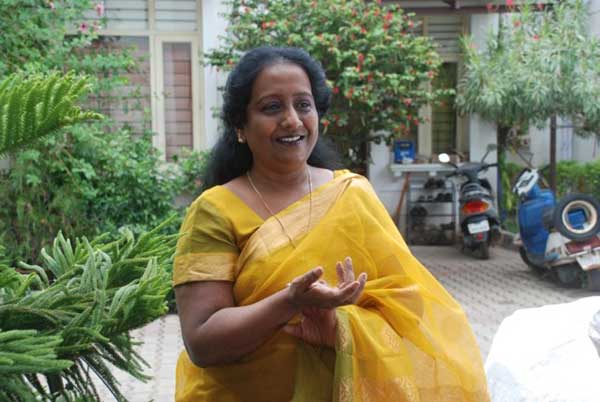
Mom never lets people know of her worries. We grew up in a very protective environment. Only when I was around 10 years old, did it register that things were amiss. I learnt of my fathers’ addictions even later, around age 16. My sister and I didn’t see the rough side, but when you’re living at your maternal grandmother’s house, and your dad’s fine through the day (he used to drop us to school every morning), but you’re kept away from him in the evening, you know something is wrong.
Mom’s focus was on fending for the family and ensuring that we move up in life. Her day started at 4 am, so in a lot of ways our grandma mothered us. Mom started a business with jams and pickles. Later she put up a small kiosk selling tea, coffee and snacks at a marina in Chennai. Then came the first major turning point for her — getting a contract from the National Institute of Port Management. She had to be there full time, because footfalls ranged from hundreds to thousands.
Every day we saw her getting tougher and tougher. Realizing the kind of ordeal mom was going through for us, our bond with her grew very strong. Today, when I’ve joined the business and deal with skilled labour, I often ask her, ‘How did you handle these people?’ I guess her strength lies in her straightforwardness; she’ll tell you things to your face if she thinks something’s wrong. At the same time, she easily senses if you’re not fine and will act on it.
I was always interested in the food industry, but knowing the kind of struggle it requires, she didn’t want me to pursue it. Moreover, inspired by travel tales of the navy officers I met, I joined the navy, and worked for a Norwegian company. During the time I was away, my sister and she grew very close. She wouldn’t tell me she missed me, but managed to find a way to reach me even on the ship. I was the only person aboard to get a call every week. When my sister and her husband expired due to an accident, soon after their wedding, mom went completely out of line. She stopped going out for three to four years. It was difficult to see her that way, and watch twenty years of her hard work go unattended, so I decided to take it up. When I made mistakes, she advised and corrected me but didn’t resume work.
FICCI came to us at this point of time; the award was a complete game changer. A regular person just works to make a living, not to get media limelight, but the award made mom recognize her own achievement. Colleges invited her to speak on entrepreneurship. Seeing that so many people looked up to her, she realized she that shouldn't get bogged down. She became active again. Now, she doesn’t micro manage because she wants me to grow, but advices me and monitors things from time to time.
Praveen Rajkumar, talks to Pooja Bhula about his enterprising mother, FICCI Entrepreneur of the year (2010)
Suzy Burla, Hope Heals
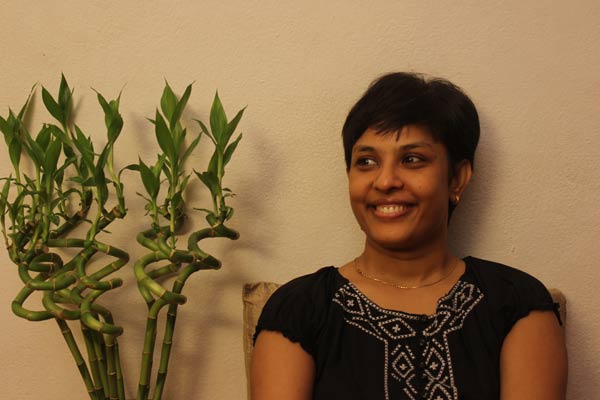
Tomboy, carefree and fiercely independent are the words that come to my mind, when I think of Sujatha Burla, also known as Suzy. When I first met Suzy in 1992, little did I know that she would be a huge source of inspiration for me. At 17, she was a successful photographer. She lived life queen size.
Cheery and feisty, Suzy was preparing to go to the US to study photography. But life had different plans for her. On 9 June 2001, on her way to Shirdi, Suzy and her friends met with a car accident that changed the course of her life. Unaware of the gravity of the accident, Suzy always thought she would walk out of the hospital unscathed (figuratively speaking) until the doctors told her that the accident had turned her paraplegic and she would remain immobile below the shoulders for the rest of her life. Soon after this, she lost her father.
But Suzy fought every odd that life threw at her. People who stayed around her before the accident were now out of sight. Suzy didn’t lose hope. She focused on ‘what next.’ Confidence and optimism led her to the path of becoming one of the most successful stock traders in the Asian market, in 2005. Today, Suzy runs a very successful celebrity talk show, conducts motivational lectures for NASA scientists, is a TED speaker and runs an NGO (Shraddha) for spinally injured children. She has adopted two children whose parents died of spinal injury. Coming from a middle-class background, she may not have the luxuries of life but she has peace of mind.
Swaroop Gargia, spoke to Rama Sreekant, about his friend and TV9, Celeb Talk Show host, Suzy Burla
Pooja Chopra, Not a Boy! So What?

'Is baar beta paida karna, sab theek hoga (this time, make sure you give birth to a son then everything will be sorted)’ is what my mother-in-law said when she first, heard I was pregnant with Pooja. God had already blessed me with a daughter so my family didn’t want a girl child again. When Pooja was born in 1985, no one visited us, in the hospital, for three days. I didn’t have a change of clothes for Pooja or for myself. Finally, on the tenth day, my husband came to take us home. But, clearly, we were not welcome. He would often tell me to get rid of Pooja; send her to an orphanage. I had to choose between my husband and Pooja. I chose my daughter. ‘This girl will make me proud,’ is what I told my husband while parting ways.
With Rs.82 in my pocket, I began a new life in Mumbai with Shubhra and Pooja. I would cook some food, leave two glasses of milk and lock them up at home before stepping out to office. In the need to give the best to my daughters I decided to leave them back in Mumbai with my mother and move to a better-paying job, in Goa. Often, Pooja would call, cry over the phone and ask me to come back to Mumbai. When I moved back to India after 4-5 years, I was happy to see Pooja grown up into a strong-minded and independent girl. I remember, in school, when her friends would ask about her father, she would simply say, ‘he’s away on the ship.’ Pooja has never questioned me about her father. She would share her feelings, her insecurities with Shubhra, who was an anchor to her.
Whenever Shubhra and Pooja attended birthday parties they would pack t their share of the cake and bring it home to share with each other. Sincerity, hard-work, focus and humility have always been Pooja’s strengths. She is a font of guts and grit, and I believe every girl should muster up the courage to face every challenge that comes their way. Today, Pooja’s story offers a ray of hope for several girls who suffer from the systemic issue of being a girl child. Don’t fret. Fight.
Neera Chopra, spoke to Rama Sreekant about her daughter, Former Femina Miss India (2009), Bollywood Actress
Shweta Katti, Born Free
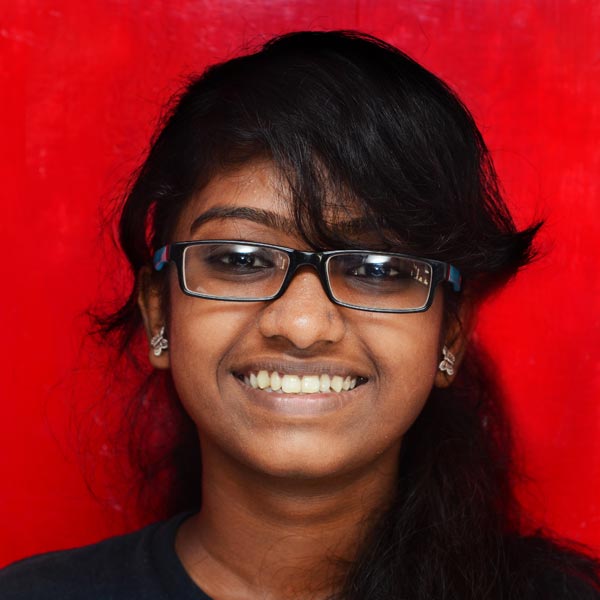
Ugly (dark-skinned, to be politically correct), of a not-so-high caste (Dalit), born in the wrong neighbourhood (Kamathipura, Mumbai's rather well-known red-light district)—it takes a considerable amount of therapy to undo the damage society does by years of stepping on someone. But Shweta is a fighter. It didn't matter what people had to say, she just kept trying. She listened, and didn't let it get her down.
Initiative is 90% of the battle. Shweta has been with Kranti (a Mumbai-based organisation that empowers marginalised women by providing access to therapy, training and resources) for about a year and a half. Like most of the girls at Kranti, she has successfully overcome language barriers and conducted empowerment workshops for disadvantaged women in other parts of India.
Shweta has a high degree of compassion. She's been privileged in the sense that she has a mother who loves her, she had twelve years of education, and she isn't affected by the mental issues that plague some of our other girls, and she realises this. Our most difficult battle to date was probably the Indian system. Getting a passport for Shweta was difficult enough to make us wonder if people didn't want her to succeed.
Each one of our girls is exceptional. It doesn't matter how you look or where you're from. We believe that even women who are victimized and marginalized can use their experiences as a source of empowerment to make a difference to the world. And Shweta is proof of that. She knows that there is no reason to be ashamed of who she is or where she comes from. Her background has become her strength. Getting into Bard is difficult even for people who don't have the sort of baggage that she does. She has overcome her self-esteem issues and developed confidence not only in her self, but also in her ability to change the world.
Robin Chaurasiya, co-founder of Kranti, spoke to Averil Nunes
Nidhi Goyal, Beyond Vision
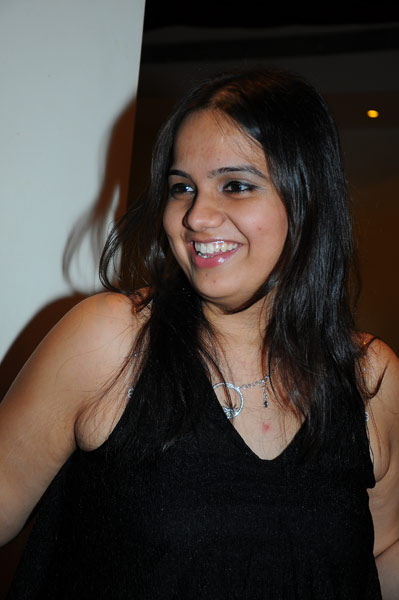
She was part of a delegation to Mantralaya that proposed ways to make infrastructure more accessible to the differently-abled. She works with several NGOs to organise workshops on grooming, dining, defense and even sexuality for the blind community. She has introduced her visually-impaired friends to the joys of stepping out for a lunch and a movie unaided. And she recently earned a full scholarship to pursue a MSc in Development Studies from the London School of Economics. What's the big deal?
Nidhi Goyal, is legally blind. She was highly myopic in school, but it was only in Std X that she was diagnosed with Retinitis Pigmentosa, a genetically-acquired disease, which causes vision to deteriorate with age. Nidhi has always been very creative. So you can imagine her shock on being diagnosed with Retinitis Pigmentosa, just as she was settling on her career path. She couldn't do fine art anymore, but she's strong-minded. More importantly, she never gives up. She took her time. Scored a ridiculous 80-85 per cent in Commerce, did a Diploma in Human Resource Management, topped Sophia's in her Social Communications Media Course; and now she's finally found something that fits her ambitions,” says Ashish.
“Nidhi is my anchor. She fights her own battles (and mine). Can you imagine being a teenager with eyesight deteriorating so fast you could see your hands one day and couldn't see them the next? Your peers are all caught up in other activities and can't be slowed down by you. It took a lot for her to stay sane.
There was a time when she would wait for me to help her with her eyeliner or choose the colour of her lipstick, but technology changed all that. She is extremely independent, whether it's travelling, cooking or shopping. The disease brings out the best in her. She knows her responsibilities towards society,” feels Neha, Nidhi's older sister.
“While Neha and Nidhi share a strong sister-sister bond, Nidhi and I have been more friends than siblings. We may have the same disease, but being a girl, things are tougher for her. Having me in her life has been both a pro and a con.
She has someone to talk to and she has the technology in place, but she is also constantly being compared to me. People don't realise that we have different ambitions. She's extremely idealistic, especially when it comes to gender and woman's rights and can hold her own in any debate. Ironically, she still has the innocence of a child,” says Ashish.
“It was brave of our parents to give Nidhi so much freedom. But they did.
Perhaps, it's their faith that has contributed to Nidhi's self-confidence, as she heads off to London to meet and beat more expectations, in her endeavours to empower disabled women,” concludes Neha.
Nidhi's siblings Ashish Goyal and Dr Neha Goyal spoke to Averil Nunes; Dr Neha Goyal is a Mumbai-based dermatologist while Ashish Goyal the first blind student at Wharton Business School, Philadelphia, and the first blind trader at JP Morgan, is currently a Portfolio Manager with Blue Crest Capital a hedge fund in London. He was honoured with India’s National Award for the Empowerment of Persons with Disabilities 2010.
Miriam Batliwala, Sight Unseen
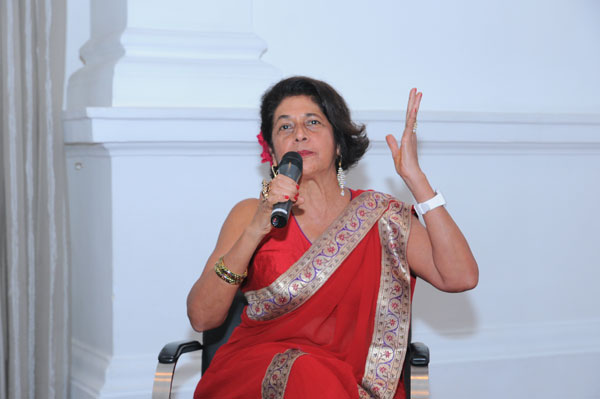
I first heard the name, Miriam Batliwala, from a friend who asked me to publish Mimi’s (as Miriam is popularly called) memoir as she has a visual disability and does not trust the regular publishers and their lengthy contracts.
To cut a long story short, I went through the manuscript and rejected it. Not because it was badly written or had no potential, but because it was unbelievable and in writing parlance I tagged Mimi as an unreliable narrator.
Consider these passages:
“I won the Golfer of the Year trophy in 1993 and to this day my name is etched on the board of the Willingdon Sports Club.”
“I studied Japanese for two months to go to a dojo in Japan which was a martial art training centre. After two weeks of torturous high jumps, cart wheels, cross country runs, etc. I ran away from there.”
But Mimi, would not take no for an answer and so I agreed to meet her at her spacious apartment on Carmichael Road where she lives with her son, after her divorce. She was immaculately dressed, with flowers in her hair and beads round her neck. Matching earrings dangled from her ears and joie de vivre oozed out of every pore of her being.
She peered out of the window and said, ‘Hey Neeru, look at the Gulmohars. Aren’t they beautiful?’ My doubts increased and I said to her point blank, ‘Mimi I cannot publish a personal journal of make-believe stories.’
I spent the the next week watching with disbelief as my unreliable narrator unfolded into an amazing pillar of resilience, determination and optimism. She is, both literally and metaphorically speaking, a woman differently-abled, who being visually handicapped at the age of 12 did not turn her life into a sob story. AND she did not let anyone know, till very recently, that she could not see.
Mimi is a riot. Once she starts telling you the anecdotes of her younger days – when she worked for the Indian Tea Board in Europe – you could laugh till you cried. And you feel very comfortable laughing because Mimi gives you no room for pity.
Soon the hilarity turns into amazement when you learn that she played hockey for St Xavier’s College, is a golf champ, an ace swimmer, a disciple of Yogacharya B.K.S Iyengar, a superb dancer (one of Shiamak Davar’s first students), runs a girls orphanage at Mahim, travels all over the world, plays the piano, is multi-lingual and to top it all is a superb cook and a great mom.
Now that’s some story!
In her own words from her book Insight, “An important lesson I learned was that I had choices to make. I could throw up my hands and mope in bed or I could roll up my sleeves and fight for a fulfilling and independent life that was not defined by my disability. As you will read, I chose to fight.”
In the words of Neeru Nanda, Editor and Publisher of Miriam Batliwala's memoir, Insight, which can be purchased at http://www.amazon.in/s/ref=nb_sb_noss/280-5425114-3690006?url=search-alias%3Daps&field-keywords=Insight%20-%20Miriam%20Batliwala. Read more about Miriam at www.mimibatliwala.net
![submenu-img]() Ganesh Chaturthi 2024 shubh muhurat: Check city wise puja timings, visarjan date, and bhog for Ganpati Bappa
Ganesh Chaturthi 2024 shubh muhurat: Check city wise puja timings, visarjan date, and bhog for Ganpati Bappa![submenu-img]() 'Leaders in Delhi never liked me…’ Omar Abdullah alleges poll 'conspiracy'
'Leaders in Delhi never liked me…’ Omar Abdullah alleges poll 'conspiracy'![submenu-img]() Boney Kapoor announces new film, its title has a Mr India connect: 'Probably by December we...'
Boney Kapoor announces new film, its title has a Mr India connect: 'Probably by December we...'![submenu-img]() Meet actress, who worked for 17 hours straight on toxic sets, her mental health was affected, left industry, is now...
Meet actress, who worked for 17 hours straight on toxic sets, her mental health was affected, left industry, is now...![submenu-img]() Over 200 Patients celebrate freedom from diabetes in Madhavbaug's nationwide campaign 'Azadi Diabetes Se'
Over 200 Patients celebrate freedom from diabetes in Madhavbaug's nationwide campaign 'Azadi Diabetes Se'![submenu-img]() Aparajita Bill पर ममता बनर्जी को झटका, राज्यपाल ने कमियां गिना राष्ट्रपति के पास भेजा
Aparajita Bill पर ममता बनर्जी को झटका, राज्यपाल ने कमियां गिना राष्ट्रपति के पास भेजा![submenu-img]() Haryana Assembly Election 2024: हरियाणा में कांग्रेस प्रत्याशियों की पहली लिस्ट जारी, इस सीट से चुनावी मैदान में उतरी विनेश फोगाट
Haryana Assembly Election 2024: हरियाणा में कांग्रेस प्रत्याशियों की पहली लिस्ट जारी, इस सीट से चुनावी मैदान में उतरी विनेश फोगाट![submenu-img]() Hathras Accident: यूपी के हाथरस में बड़ा सड़क हादसा, 15 लोगों की मौत, कई घायल
Hathras Accident: यूपी के हाथरस में बड़ा सड़क हादसा, 15 लोगों की मौत, कई घायल![submenu-img]() Viral Video: Indigo की फ्लाइट में बंद हो गया एसी, गर्मी से परेशान यात्री हो गए बेहोश
Viral Video: Indigo की फ्लाइट में बंद हो गया एसी, गर्मी से परेशान यात्री हो गए बेहोश ![submenu-img]() Weather Alert: महाराष्ट्र-गुजरात में जोरदार बारिश, आंध्र-तेलंगाना में बाढ़, जानें दिल्ली-एनसीआर के लिए क्या है अलर्ट
Weather Alert: महाराष्ट्र-गुजरात में जोरदार बारिश, आंध्र-तेलंगाना में बाढ़, जानें दिल्ली-एनसीआर के लिए क्या है अलर्ट![submenu-img]() DNA Auto Awards 2024: Maruti Suzuki Swift nominated for ‘CAR OF THE YEAR’; check price, features
DNA Auto Awards 2024: Maruti Suzuki Swift nominated for ‘CAR OF THE YEAR’; check price, features![submenu-img]() DNA Auto Awards 2024: Hyundai Alcazar Facelift nominated for ‘CAR OF THE YEAR’; check details
DNA Auto Awards 2024: Hyundai Alcazar Facelift nominated for ‘CAR OF THE YEAR’; check details![submenu-img]() Hyundai Creta Knight Edition launched in India: Check price, features, design
Hyundai Creta Knight Edition launched in India: Check price, features, design![submenu-img]() DNA Auto Awards 2024: Citroen Basalt nominated for ‘CAR OF THE YEAR’; check price, features
DNA Auto Awards 2024: Citroen Basalt nominated for ‘CAR OF THE YEAR’; check price, features![submenu-img]() DNA Auto Awards 2024: Tata Curvv nominated for ‘CAR OF THE YEAR’; check price, features
DNA Auto Awards 2024: Tata Curvv nominated for ‘CAR OF THE YEAR’; check price, features![submenu-img]() UPSC topper IAS Shruti Sharma's marksheet goes viral on social media, check her scores in different subjects
UPSC topper IAS Shruti Sharma's marksheet goes viral on social media, check her scores in different subjects![submenu-img]() Meet man, who lost his mother in childhood, worked as milk seller, cracked NEET exam with AIR...
Meet man, who lost his mother in childhood, worked as milk seller, cracked NEET exam with AIR...![submenu-img]() Meet man who failed 35 exams, cracked UPSC exam twice, first became IPS then quit due to...
Meet man who failed 35 exams, cracked UPSC exam twice, first became IPS then quit due to...![submenu-img]() Meet man, who was forced into child marriage at 11, cracked NEET exam with AIR...
Meet man, who was forced into child marriage at 11, cracked NEET exam with AIR...![submenu-img]() Meet woman who cracked UPSC exam in first attempt without coaching at 22, got AIR 31, she is now posted as…
Meet woman who cracked UPSC exam in first attempt without coaching at 22, got AIR 31, she is now posted as…![submenu-img]() Mumbai: Fire Breaks Out At Times Tower In Mumbai, 9 Fire Units Deployed
Mumbai: Fire Breaks Out At Times Tower In Mumbai, 9 Fire Units Deployed![submenu-img]() 'Dharavi Project Is About Restoring Dignity...', Says Gautam Adani | Dharavi Redevelopment Project
'Dharavi Project Is About Restoring Dignity...', Says Gautam Adani | Dharavi Redevelopment Project![submenu-img]() Kolkata Doctor Case: CBI Visits RG Kar, Seizes Documents On Funds Used During Sandip Ghosh’s Tenure
Kolkata Doctor Case: CBI Visits RG Kar, Seizes Documents On Funds Used During Sandip Ghosh’s Tenure![submenu-img]() Giriraj Singh Attacked: Union Minister Giriraj Singh Assaulted In Begusarai, Bihar; Accused Arrested
Giriraj Singh Attacked: Union Minister Giriraj Singh Assaulted In Begusarai, Bihar; Accused Arrested![submenu-img]() Haryana Assembly Election 2024: Haryana Assembly Election Date Changed, Check Details Here
Haryana Assembly Election 2024: Haryana Assembly Election Date Changed, Check Details Here![submenu-img]() Mukesh Ambani set to challenge Adani, ITC with his Rs 3900 crore plan for...
Mukesh Ambani set to challenge Adani, ITC with his Rs 3900 crore plan for...![submenu-img]() NPCI launches 'UPI circle', check what it is and how it works
NPCI launches 'UPI circle', check what it is and how it works![submenu-img]() Mukesh Ambani's Reliance Jio to give tough competition to BSNL with this plan, it offers 5G data at just Rs...
Mukesh Ambani's Reliance Jio to give tough competition to BSNL with this plan, it offers 5G data at just Rs...![submenu-img]() This company repays Rs 20000 crore debt for... and it has a Ratan Tata connection
This company repays Rs 20000 crore debt for... and it has a Ratan Tata connection![submenu-img]() Meet woman, billionaire's daughter, who studied in London, now leads Rs 1124 crore company as...
Meet woman, billionaire's daughter, who studied in London, now leads Rs 1124 crore company as...![submenu-img]() From Cristiano Ronaldo to Virat Kohli: List of highest-paid athletes in last 12 months
From Cristiano Ronaldo to Virat Kohli: List of highest-paid athletes in last 12 months![submenu-img]() Meet actor who worked as waiter, sold tea, namkeen for 14 years, debuted in Bollywood at 42; now his net worth is...
Meet actor who worked as waiter, sold tea, namkeen for 14 years, debuted in Bollywood at 42; now his net worth is...![submenu-img]() Parents-to-be Deepika Padukone, Ranveer Singh seek blessings at Siddhivinayak with families days before baby's arrival
Parents-to-be Deepika Padukone, Ranveer Singh seek blessings at Siddhivinayak with families days before baby's arrival![submenu-img]() Gout remedies: 7 natural ways to lower uric acid levels in the body
Gout remedies: 7 natural ways to lower uric acid levels in the body ![submenu-img]() Active players with most centuries in international cricket
Active players with most centuries in international cricket ![submenu-img]() 'Leaders in Delhi never liked me…’ Omar Abdullah alleges poll 'conspiracy'
'Leaders in Delhi never liked me…’ Omar Abdullah alleges poll 'conspiracy'![submenu-img]() Over 200 Patients celebrate freedom from diabetes in Madhavbaug's nationwide campaign 'Azadi Diabetes Se'
Over 200 Patients celebrate freedom from diabetes in Madhavbaug's nationwide campaign 'Azadi Diabetes Se'![submenu-img]() 'When we were dragged on roads...': Wrestler Vinesh Phogat slams BJP
'When we were dragged on roads...': Wrestler Vinesh Phogat slams BJP![submenu-img]() India emerges as second-largest global 5G smartphone market, overtakes...
India emerges as second-largest global 5G smartphone market, overtakes...![submenu-img]() Union Home Minister Amit Shah releases BJP manifesto for J&K assembly elections
Union Home Minister Amit Shah releases BJP manifesto for J&K assembly elections
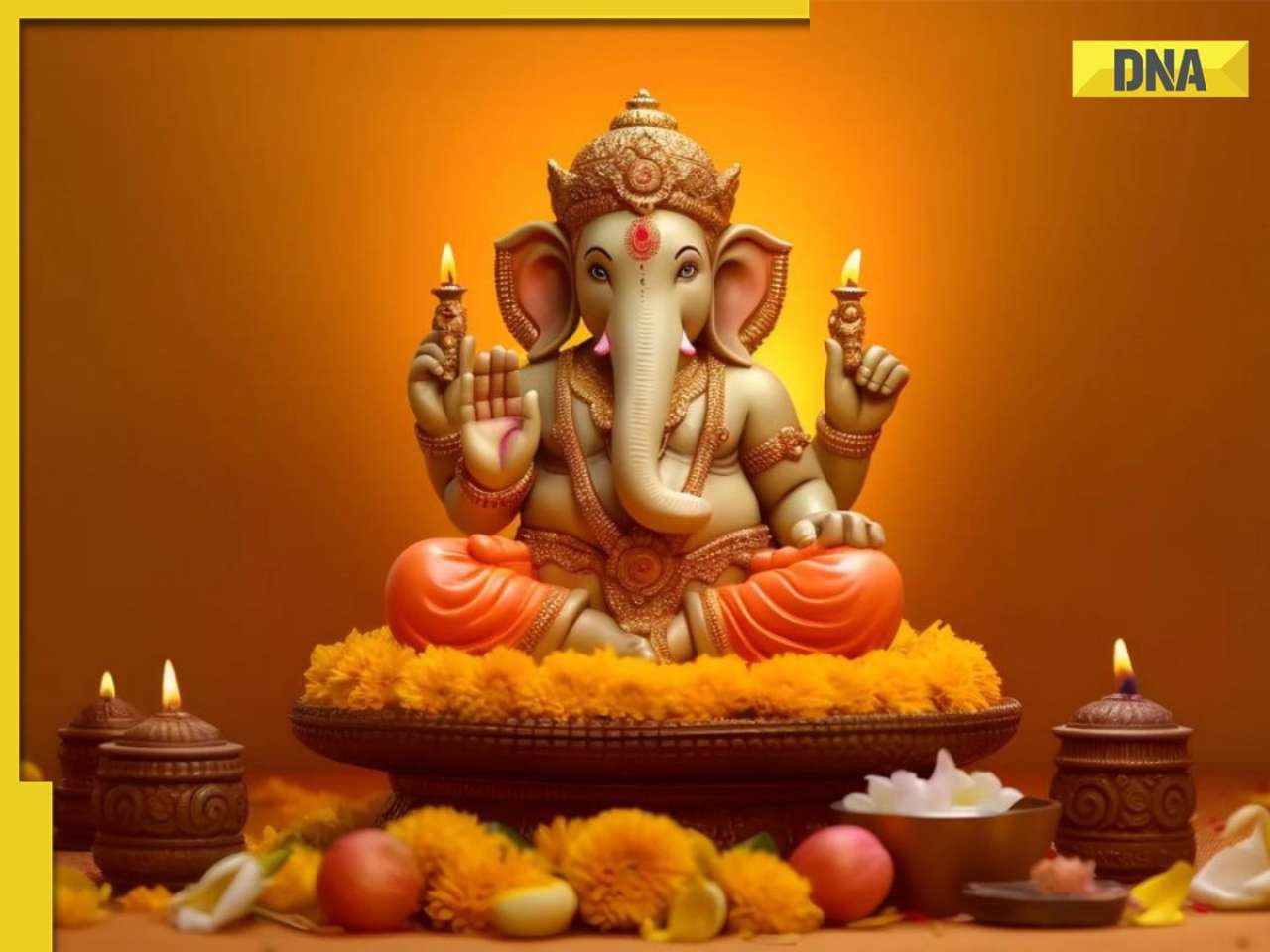
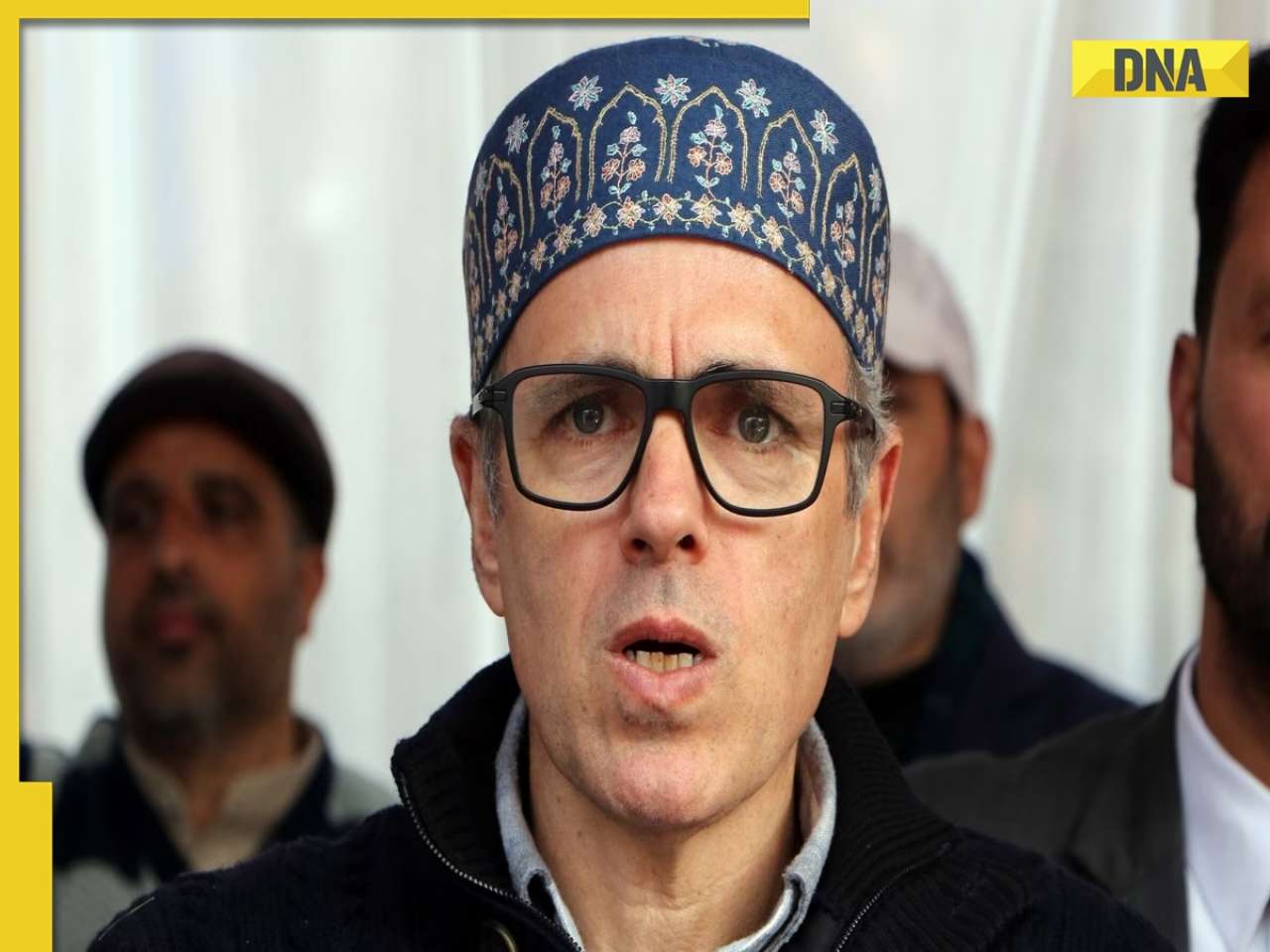
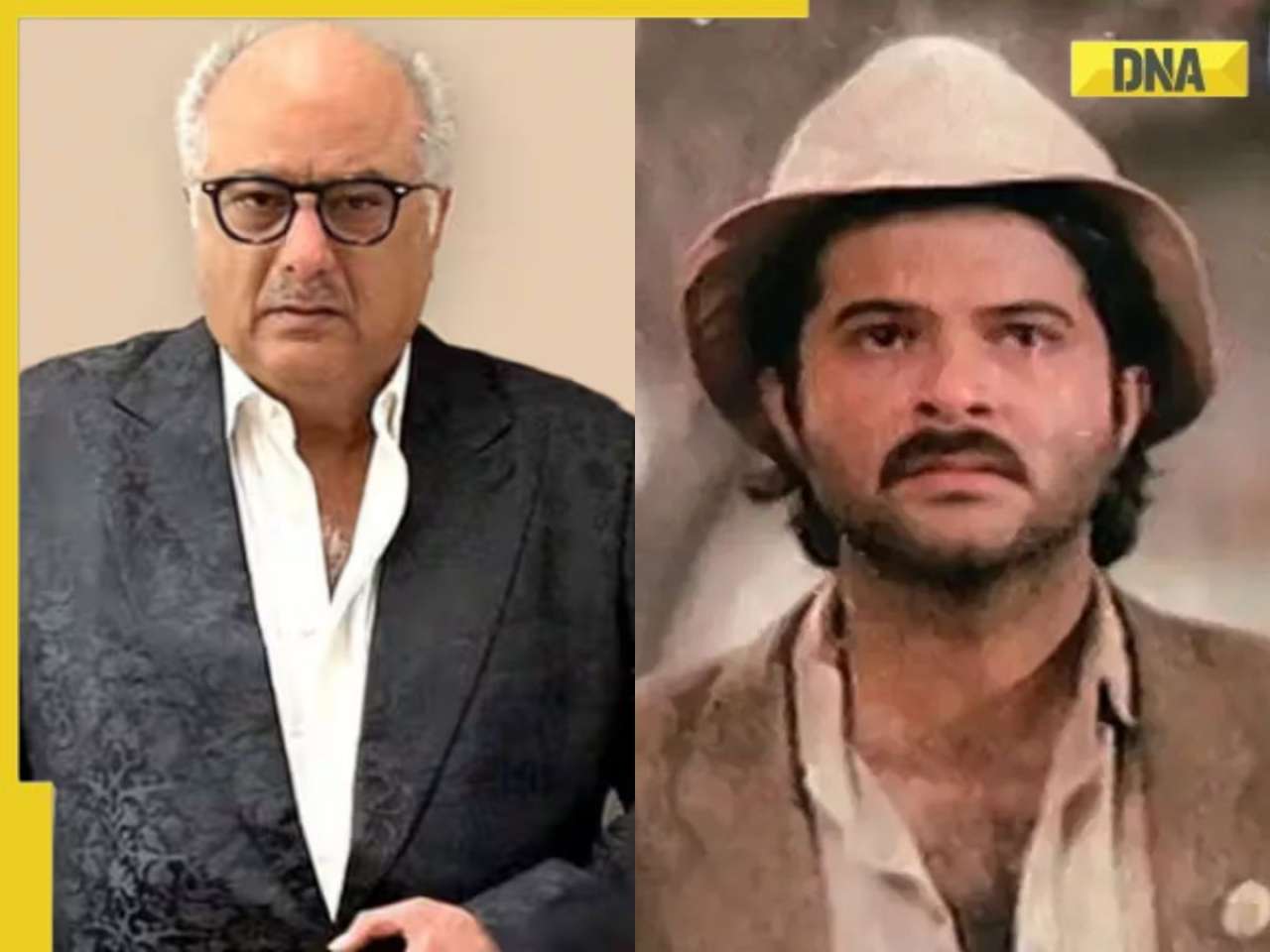

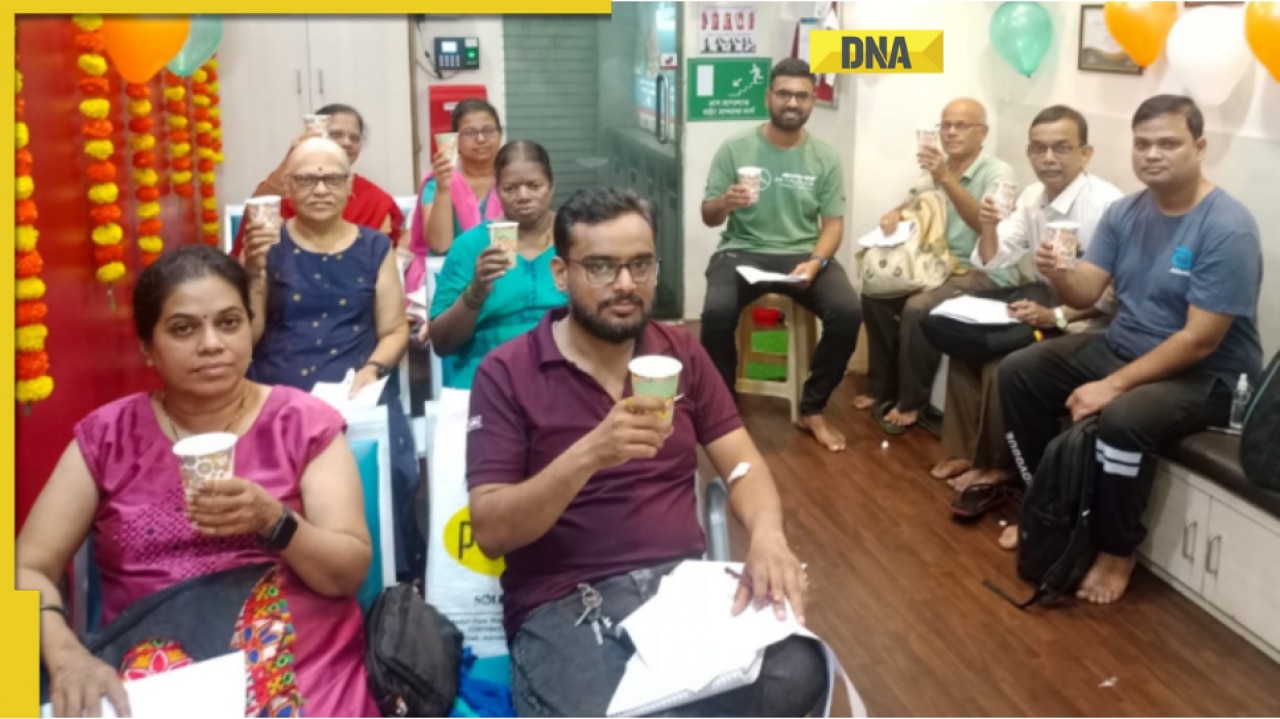





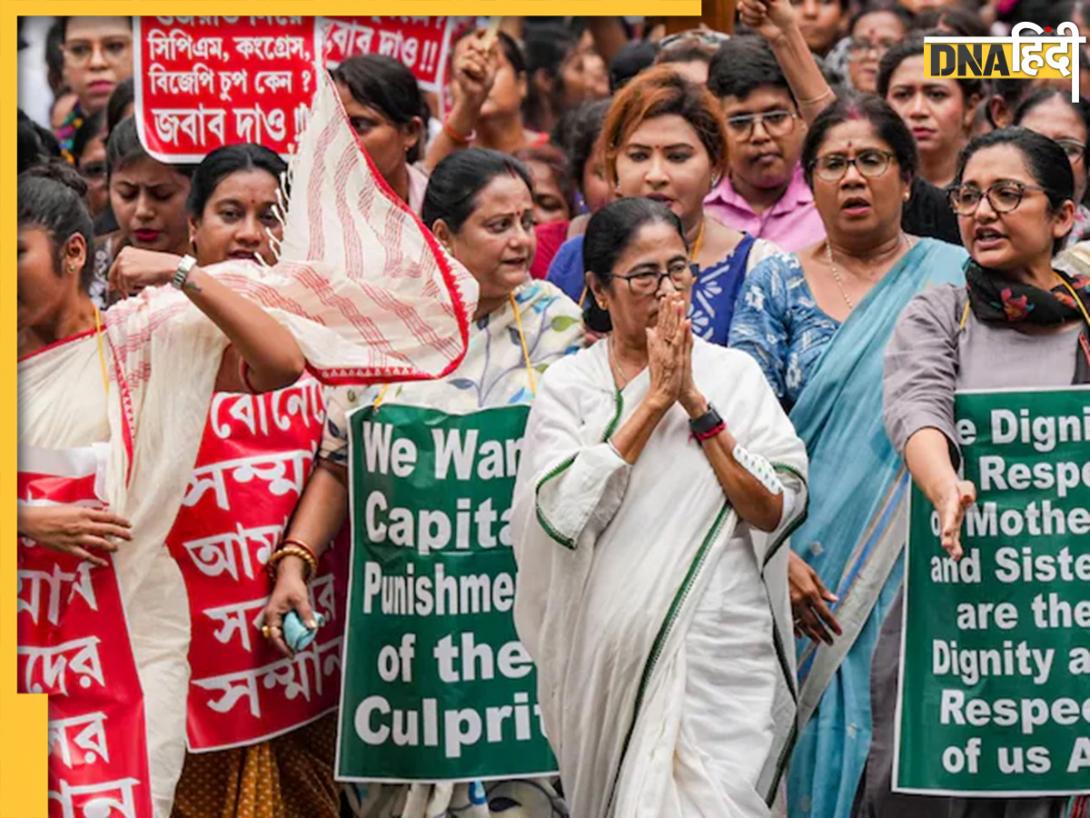
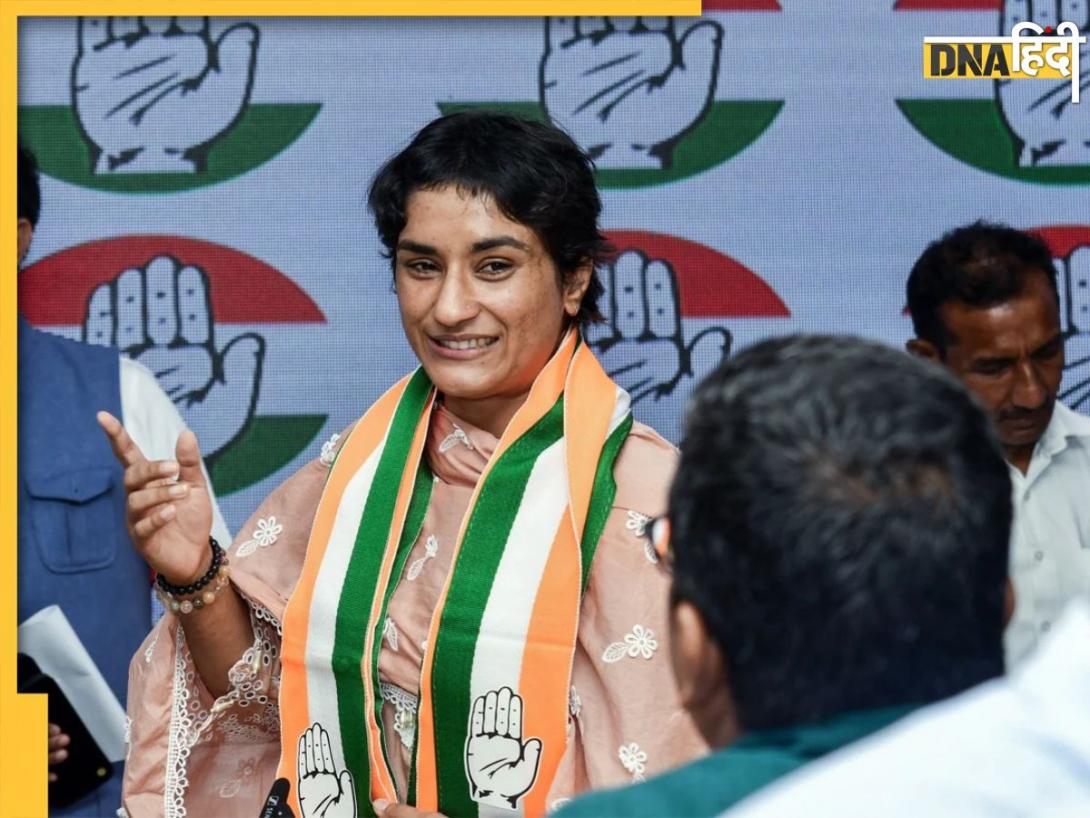
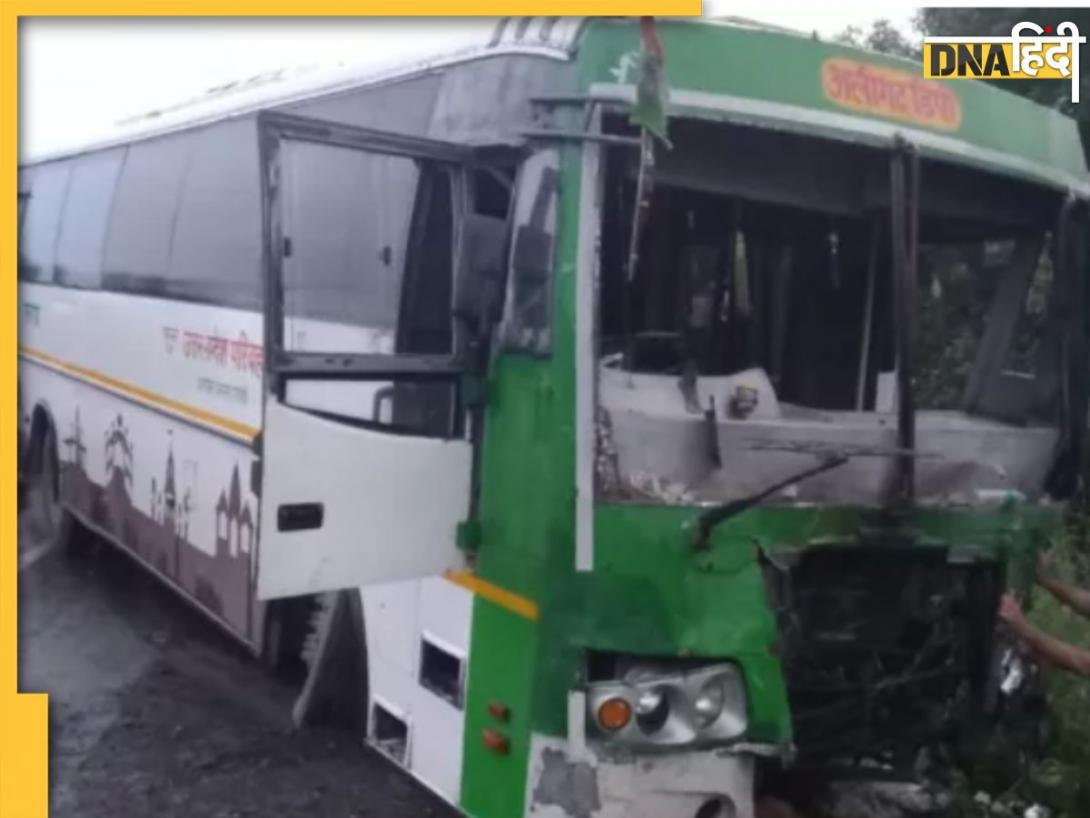
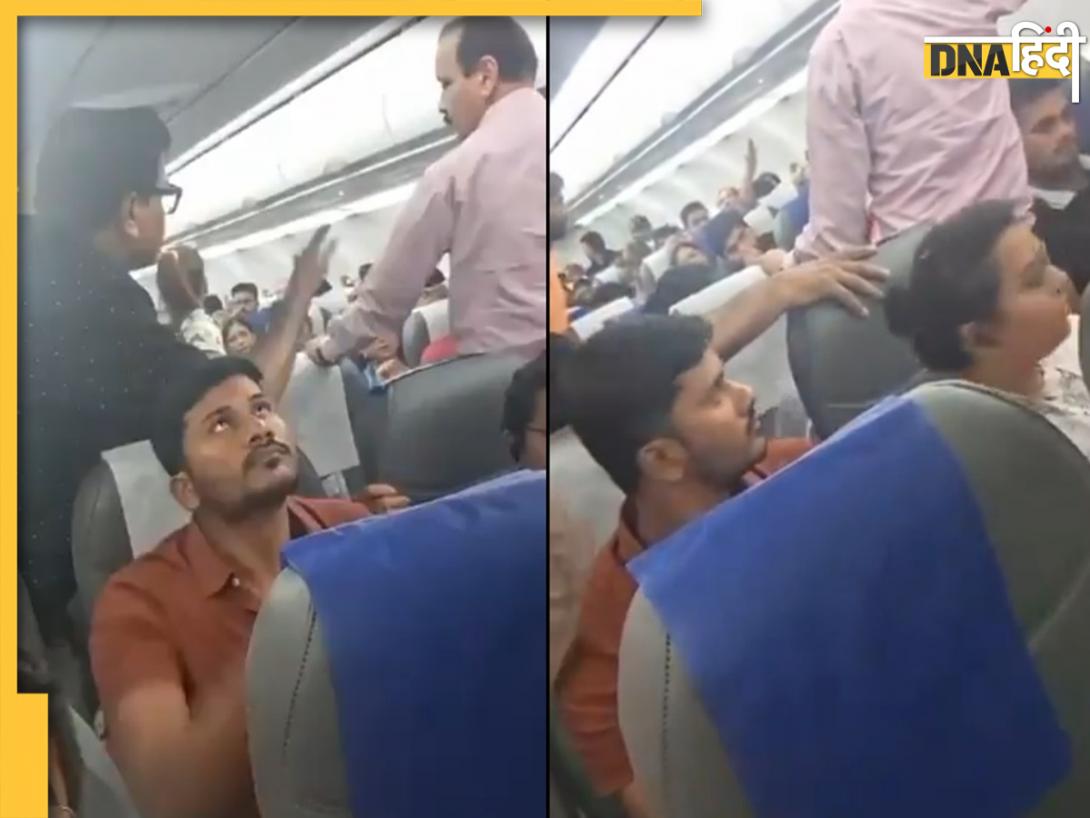






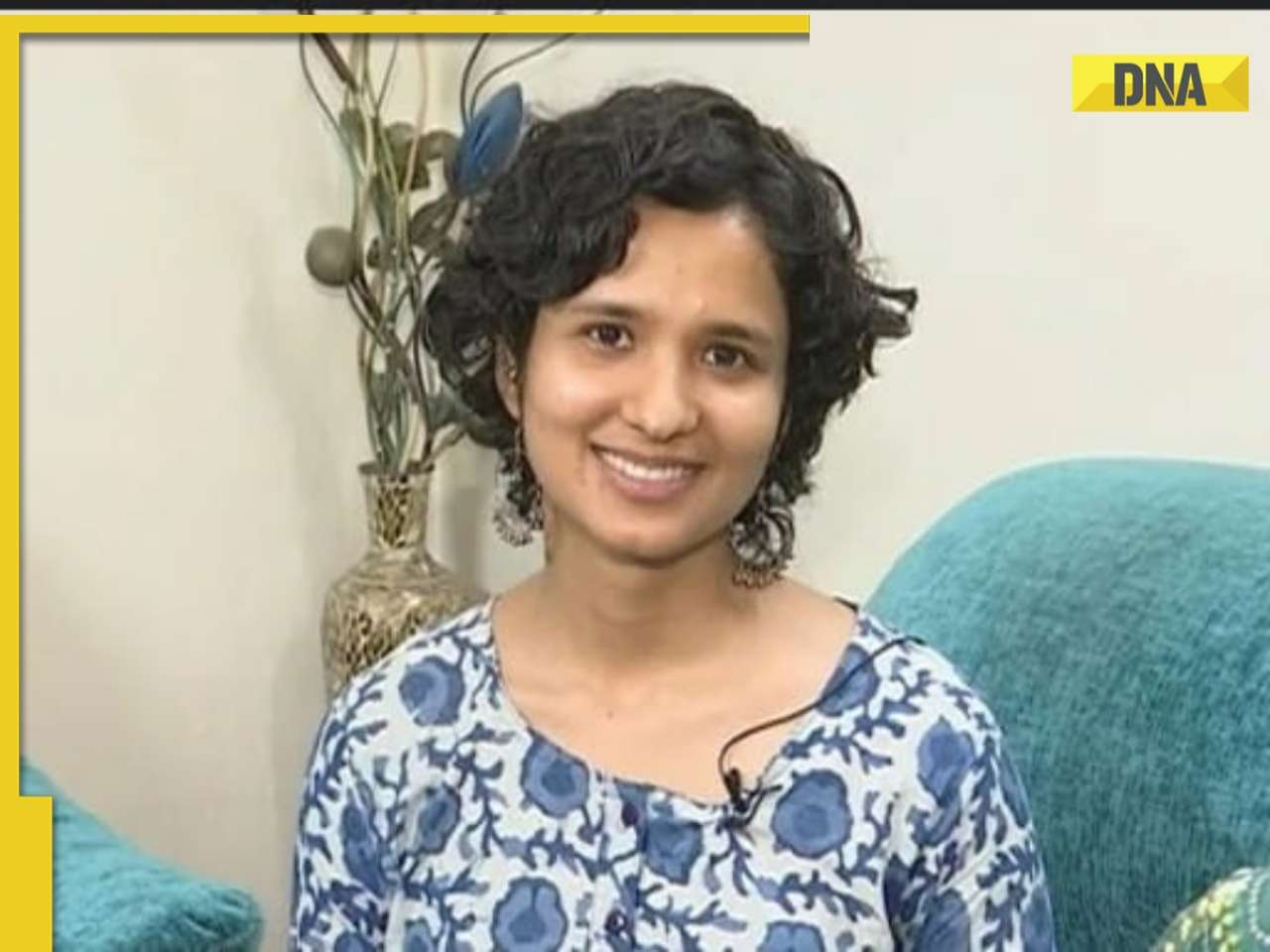

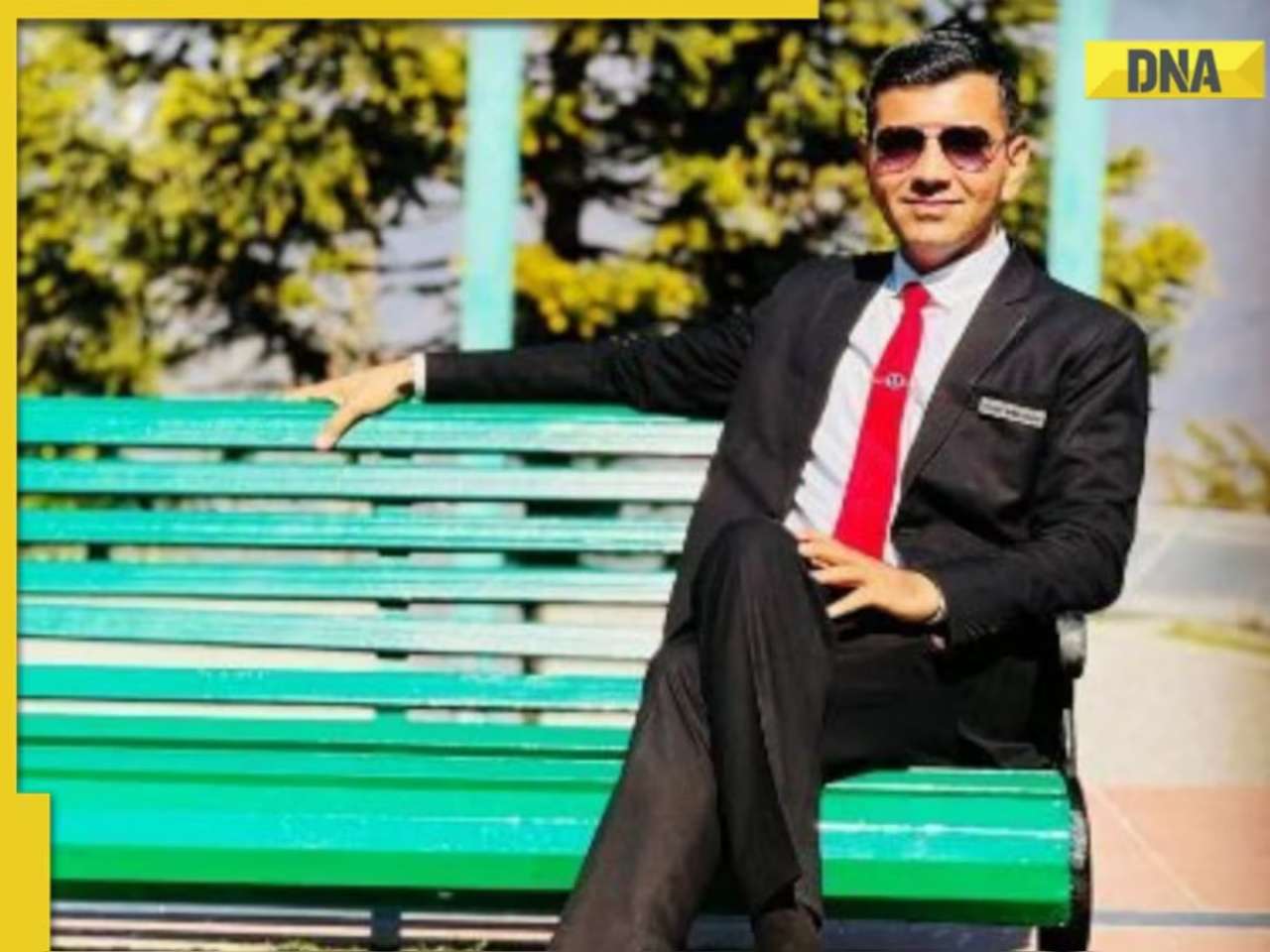
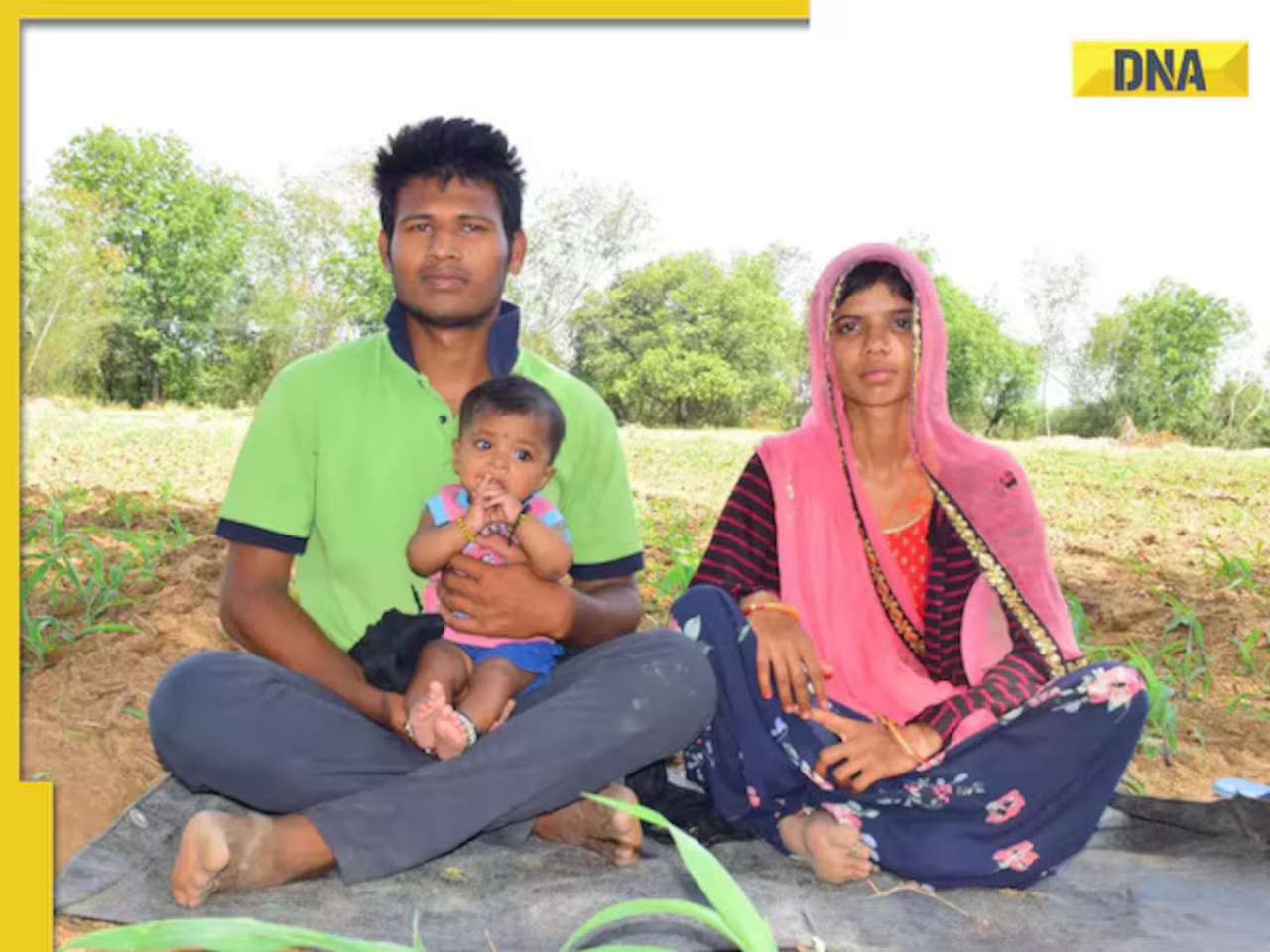
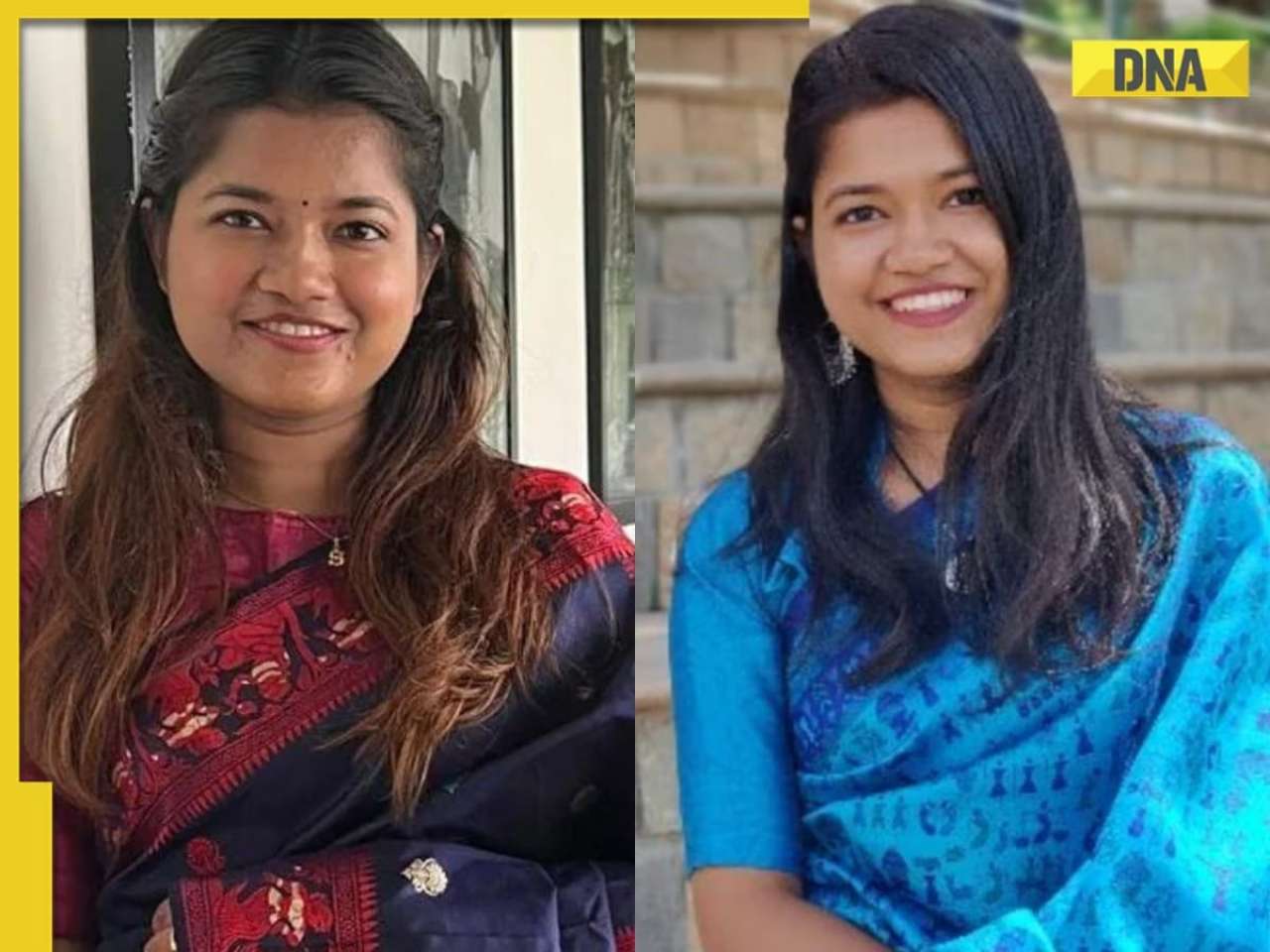
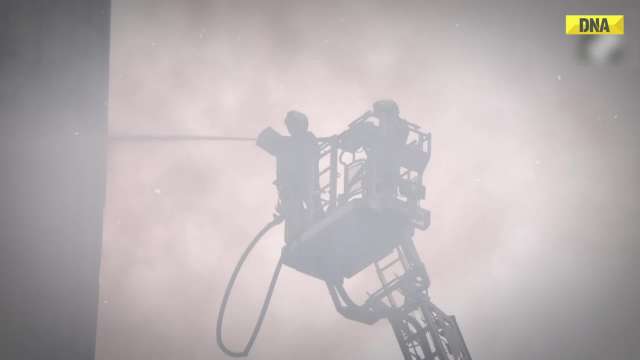
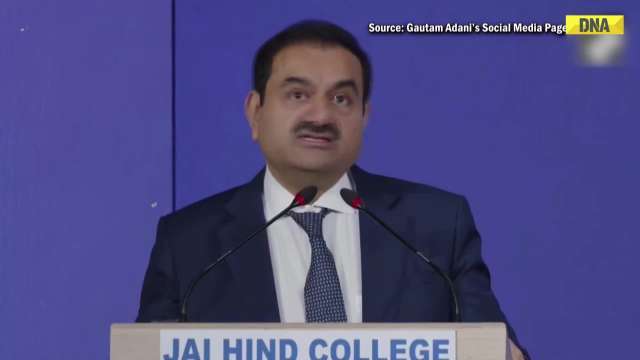

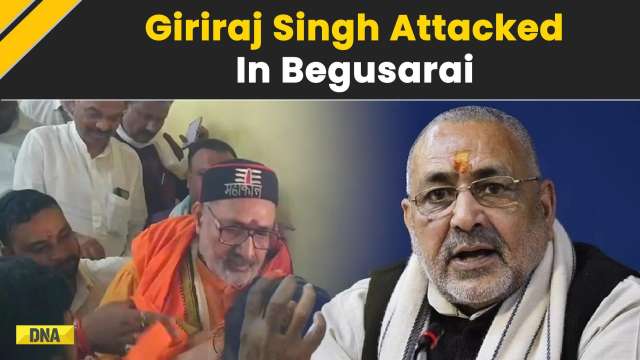
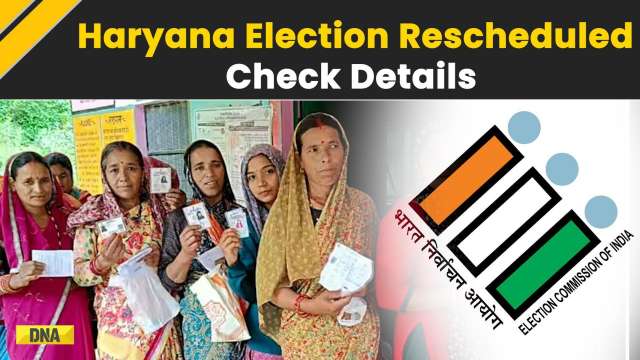
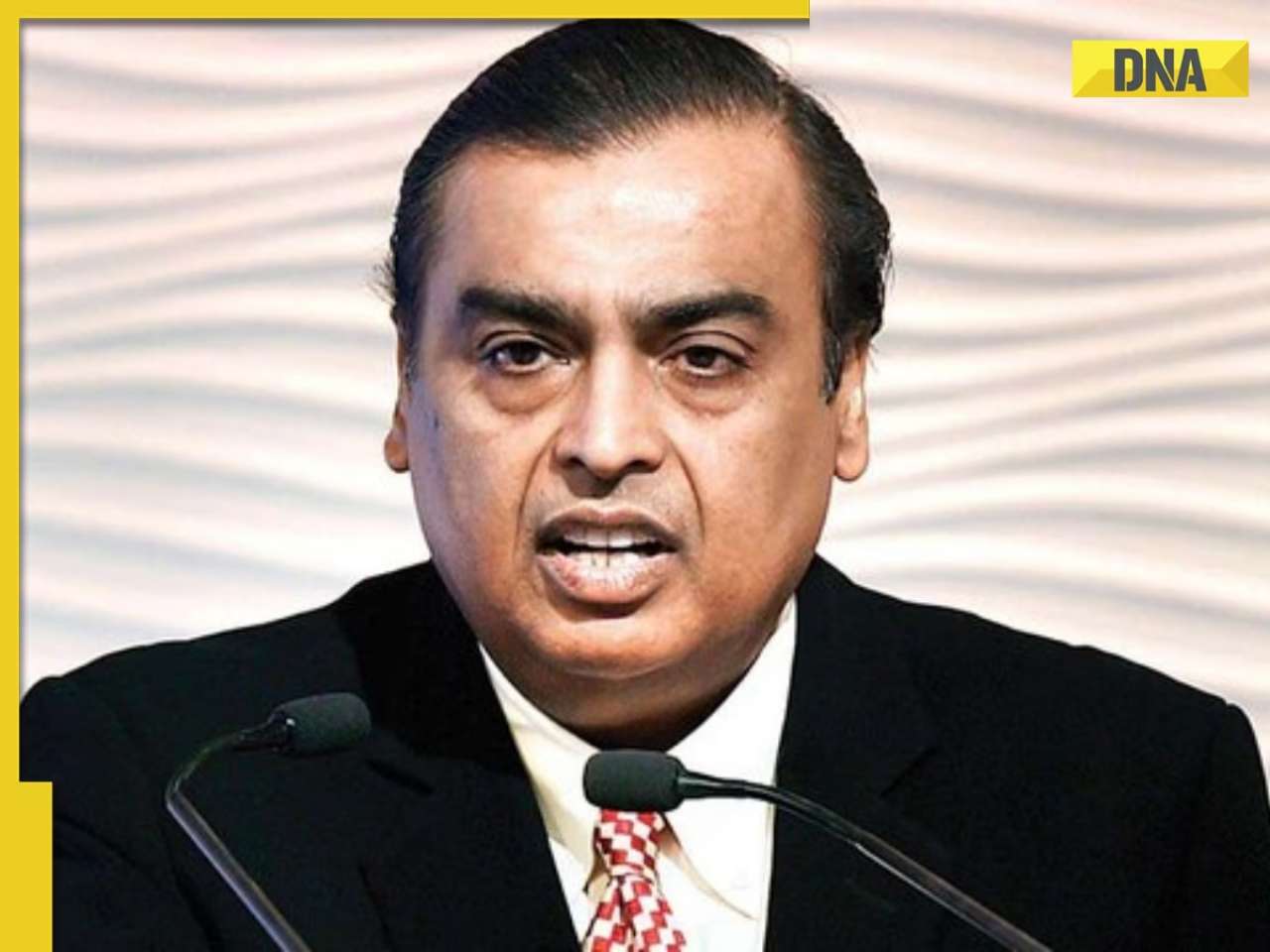

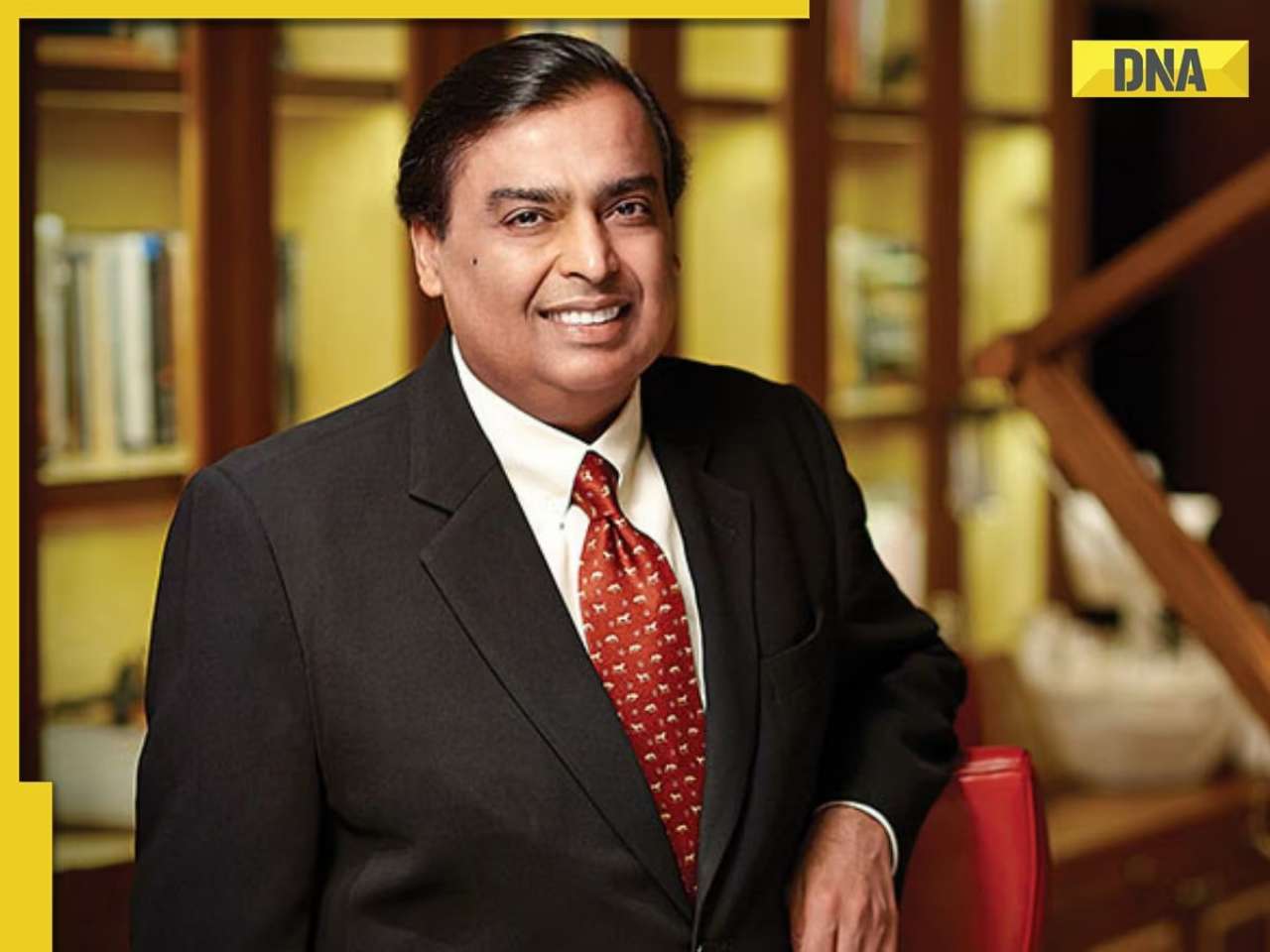
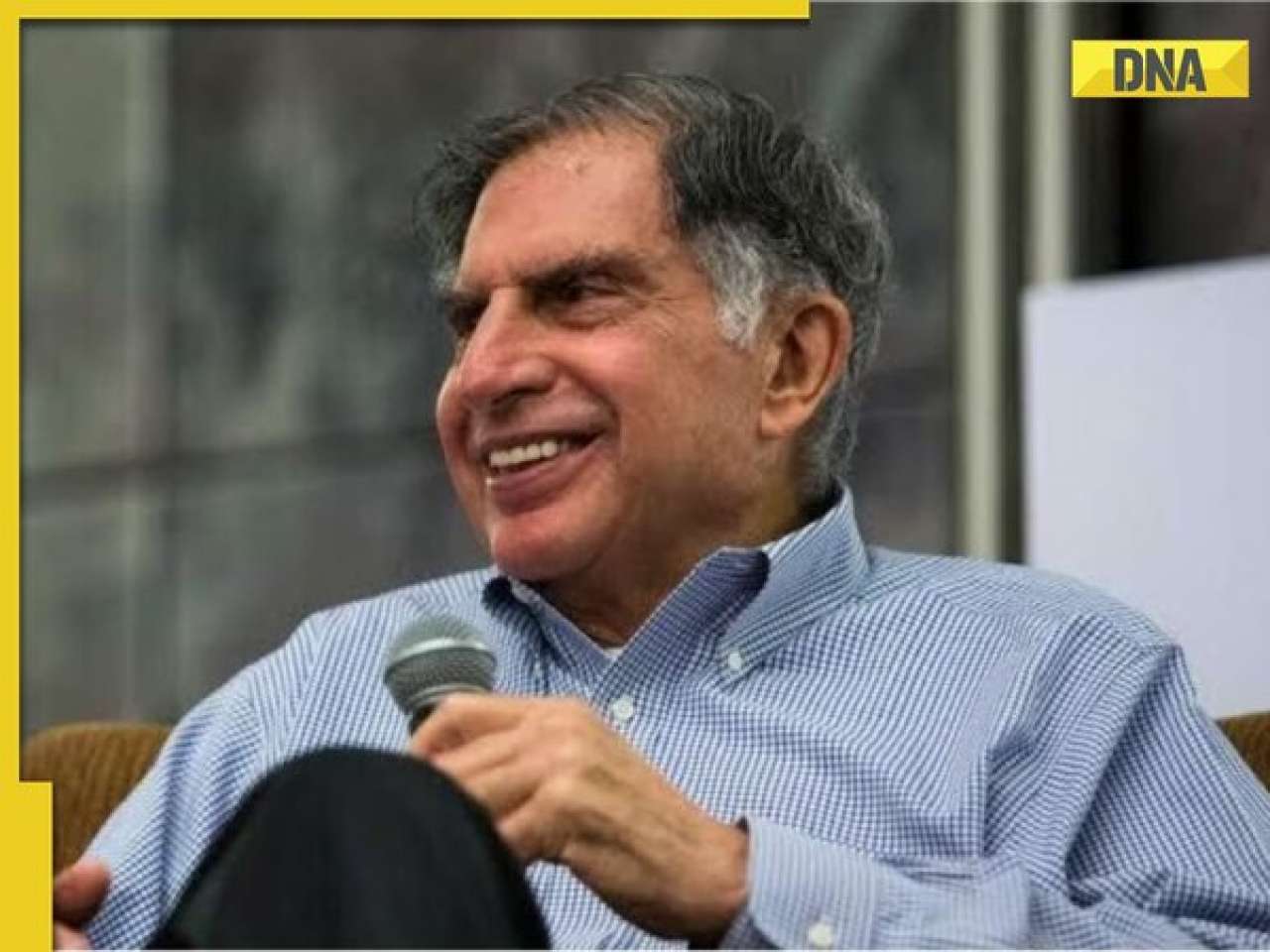
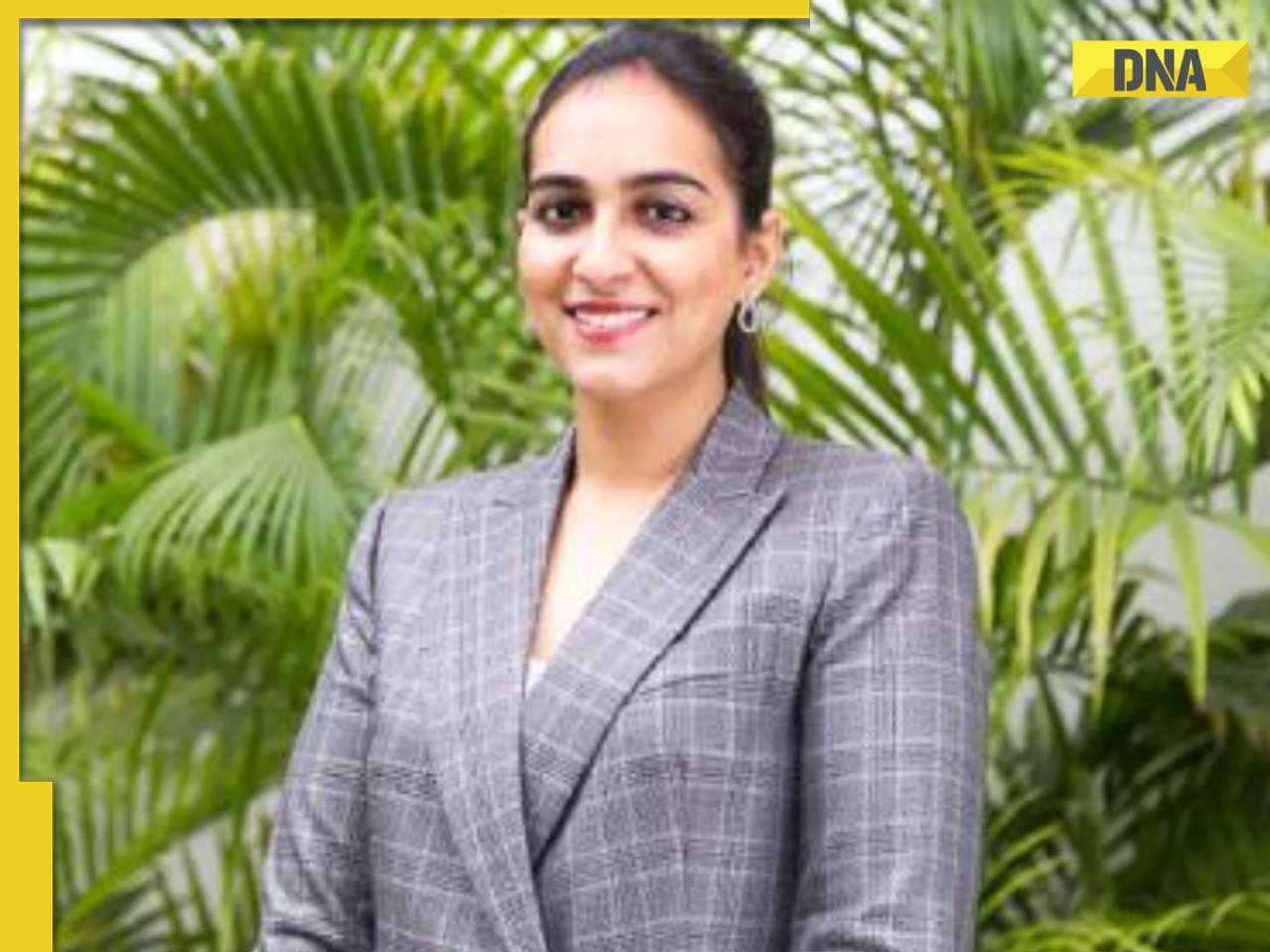

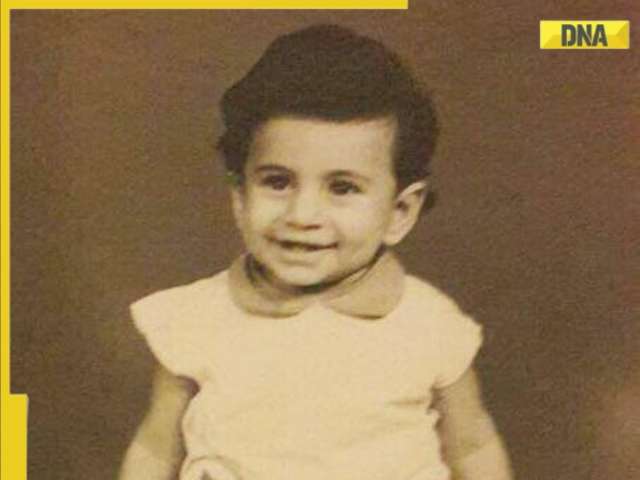
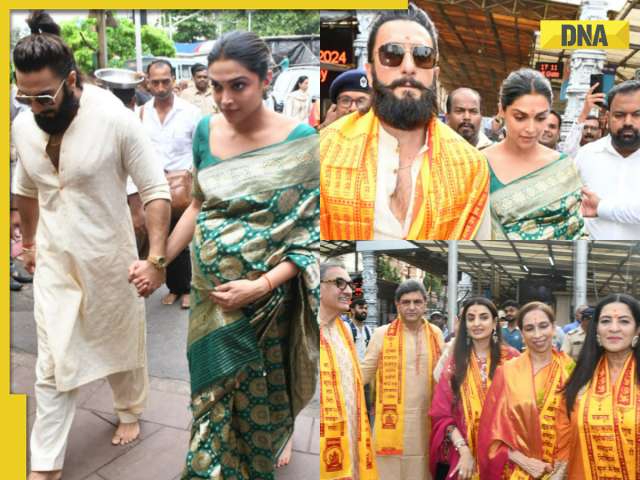

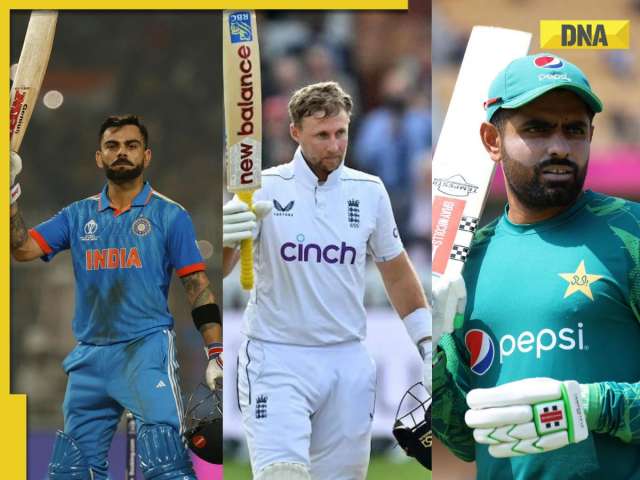
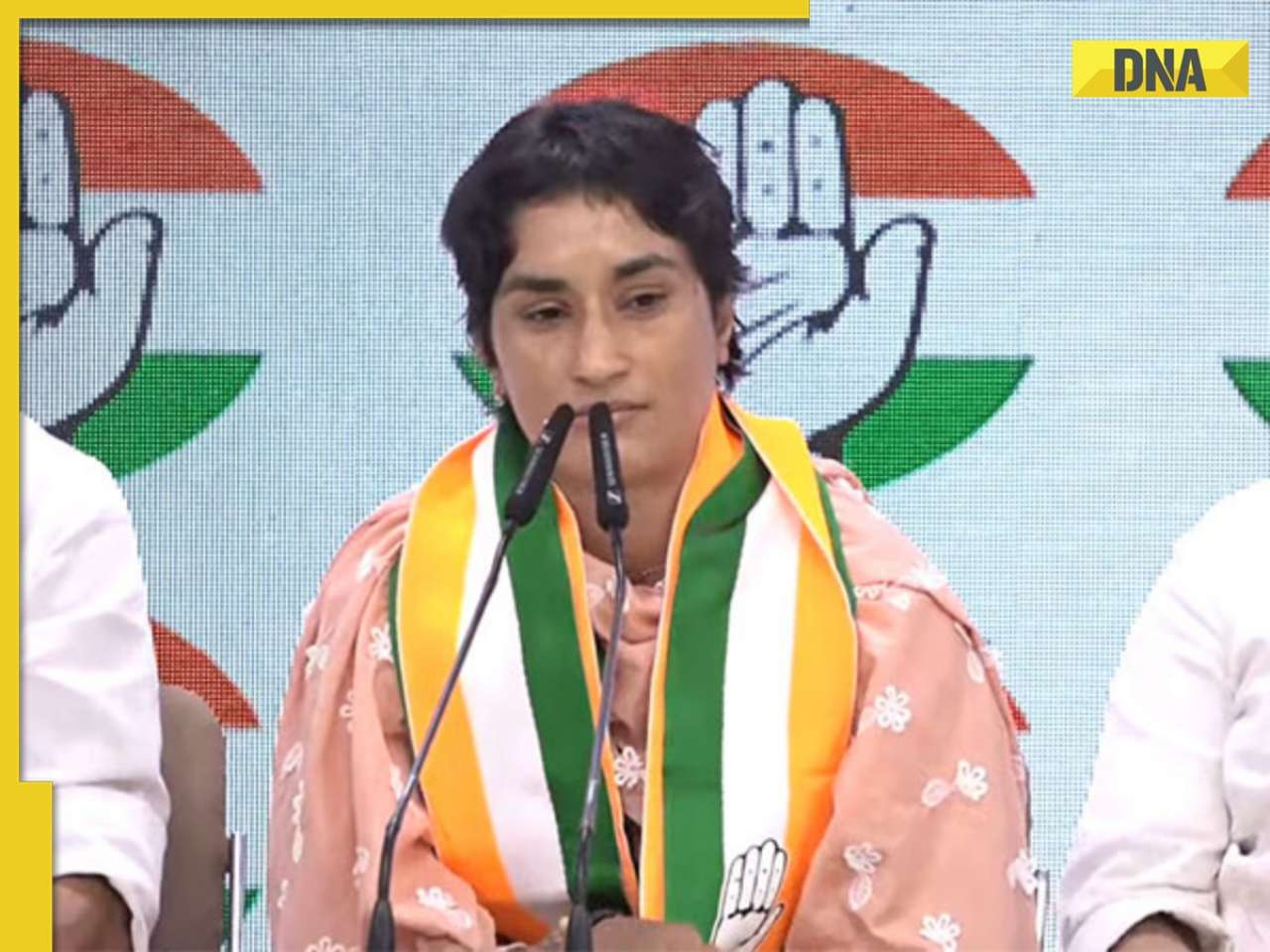

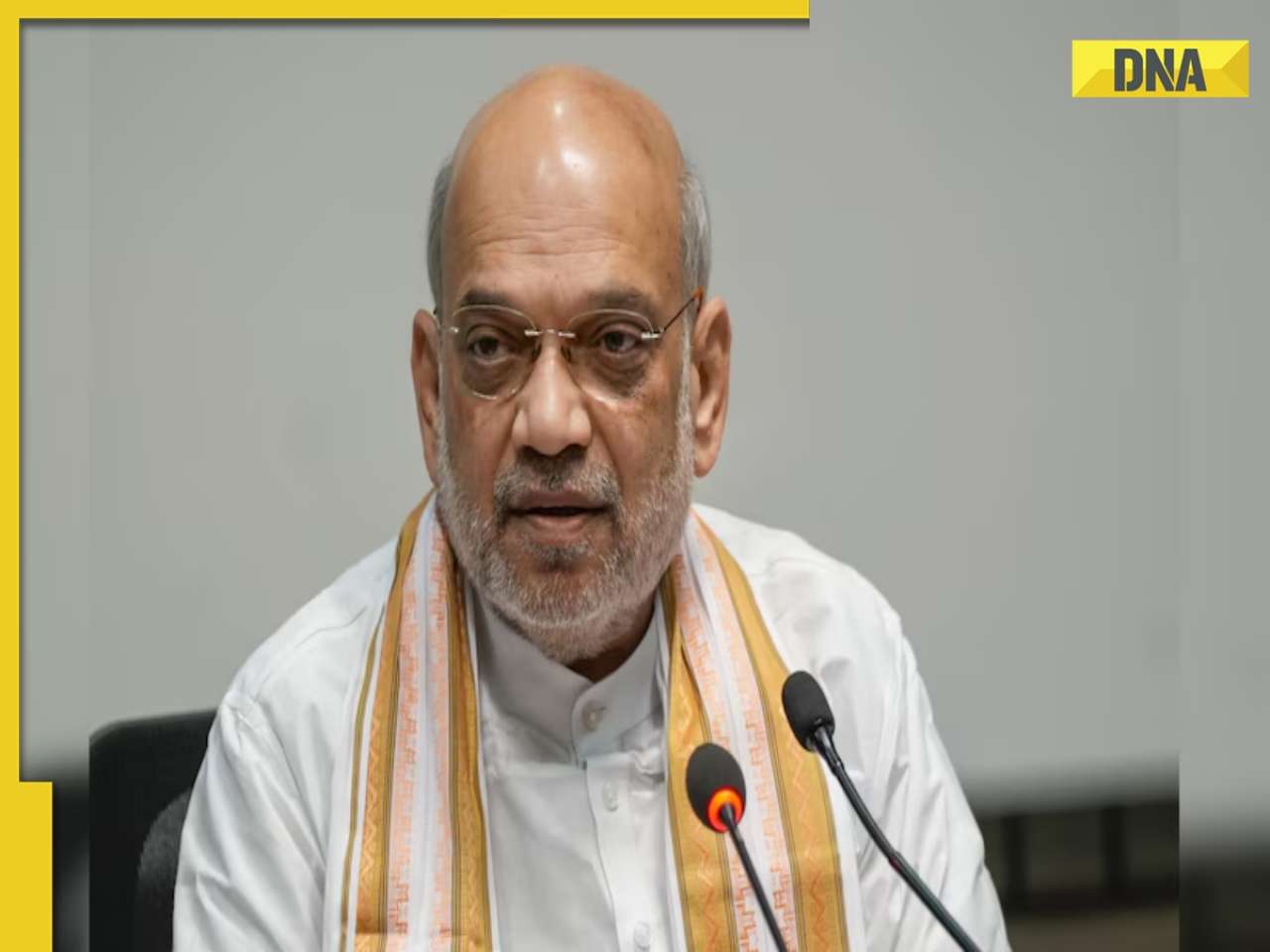

)
)
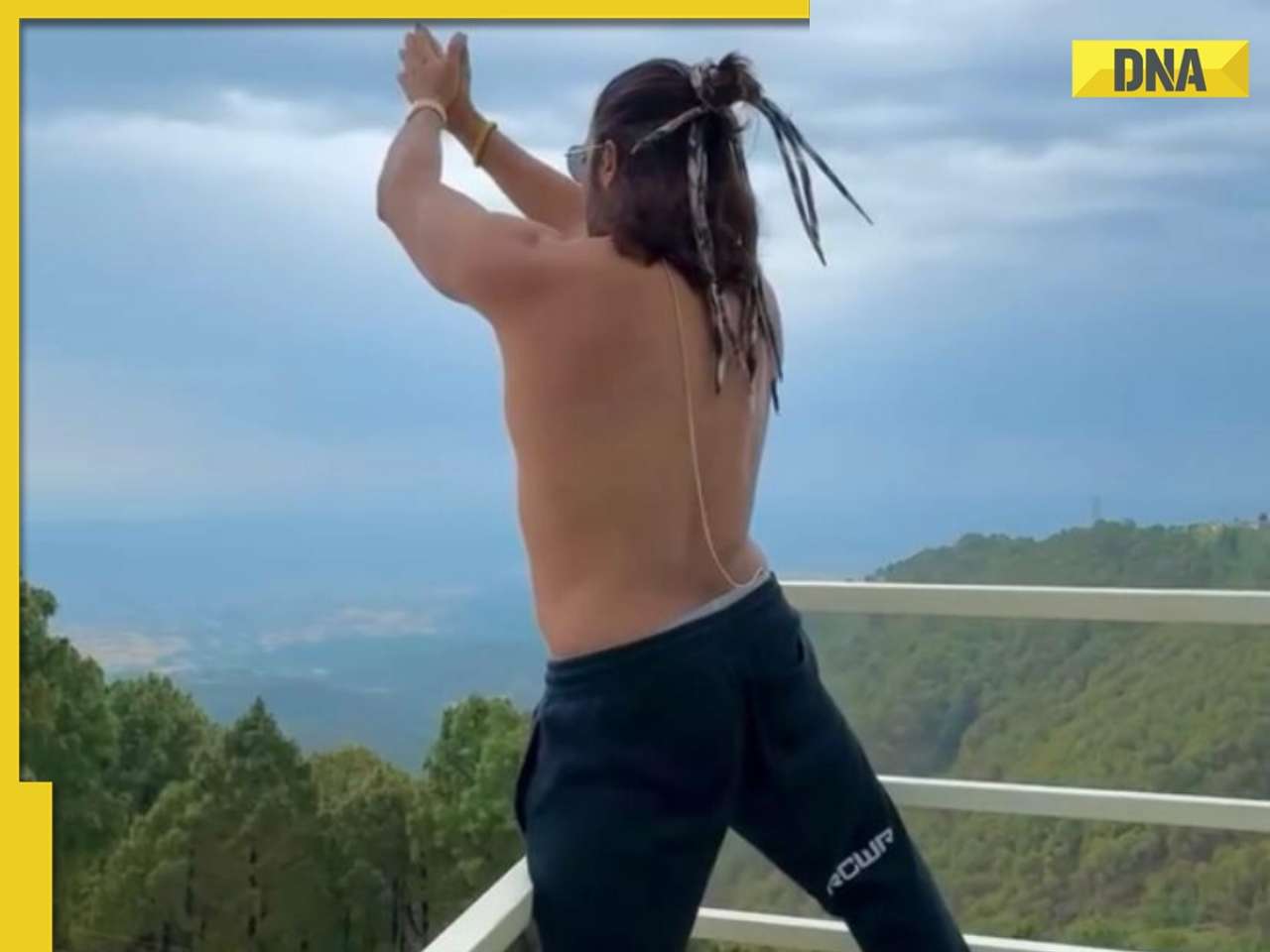)
)
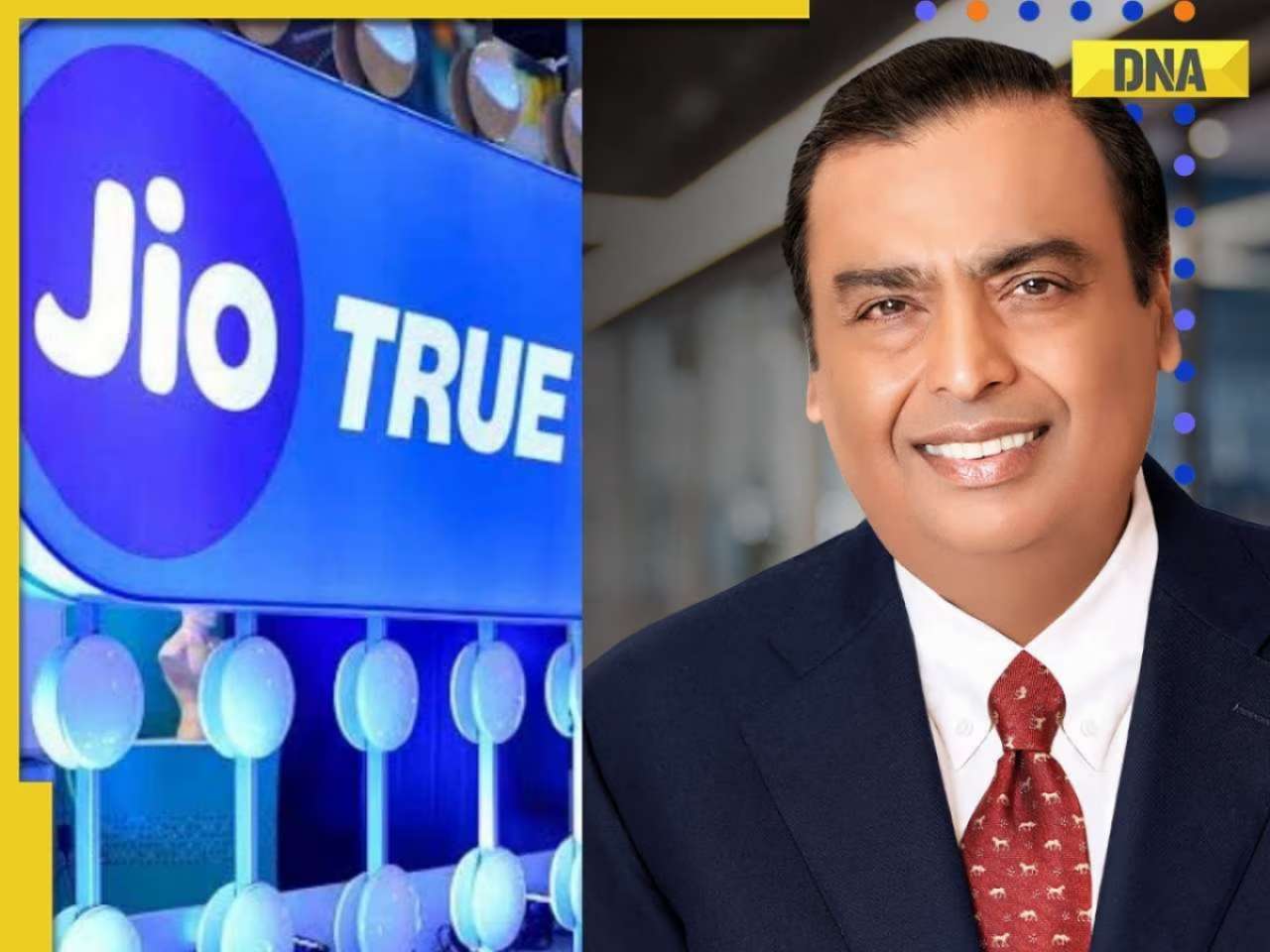)
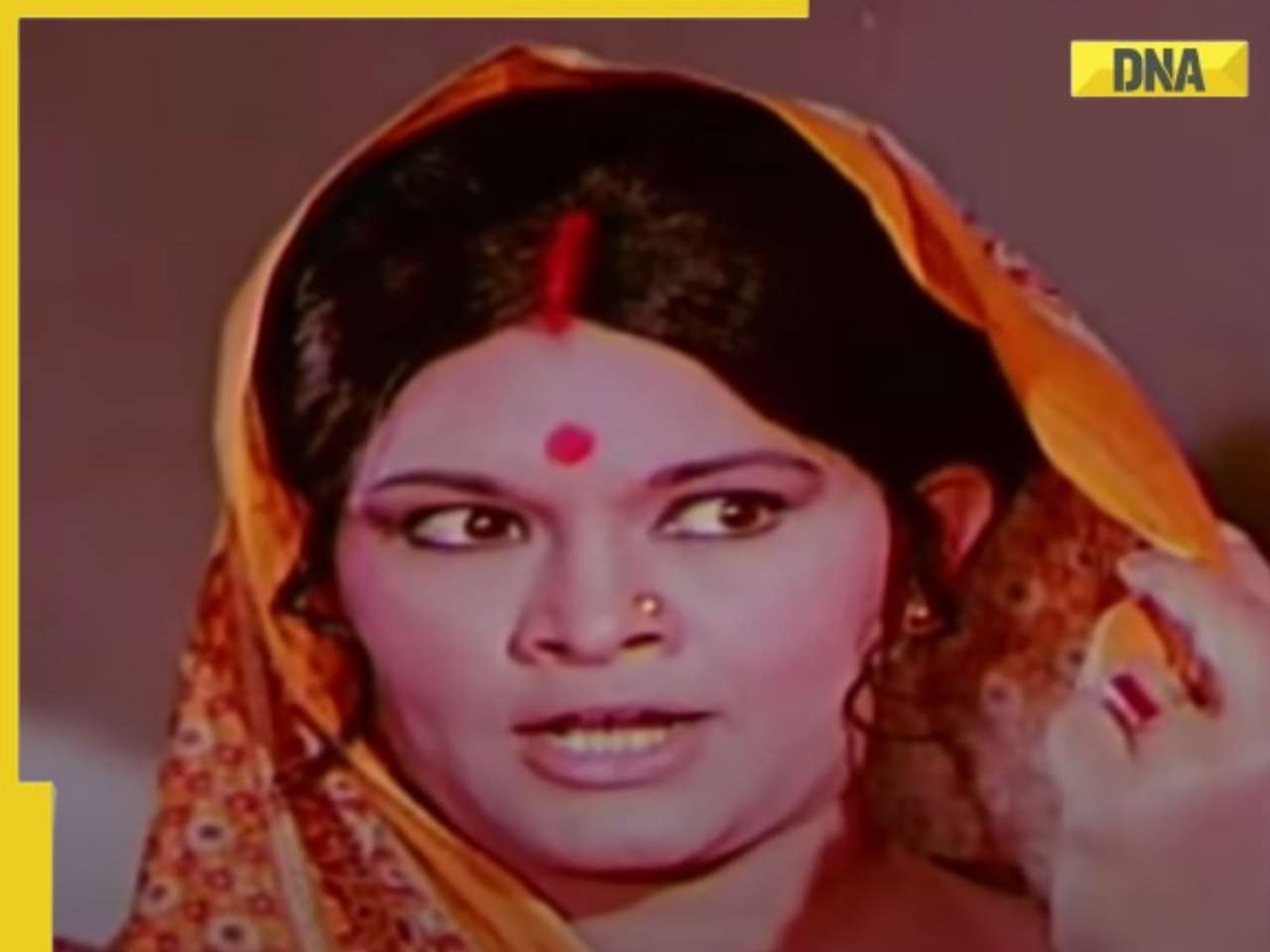)
)
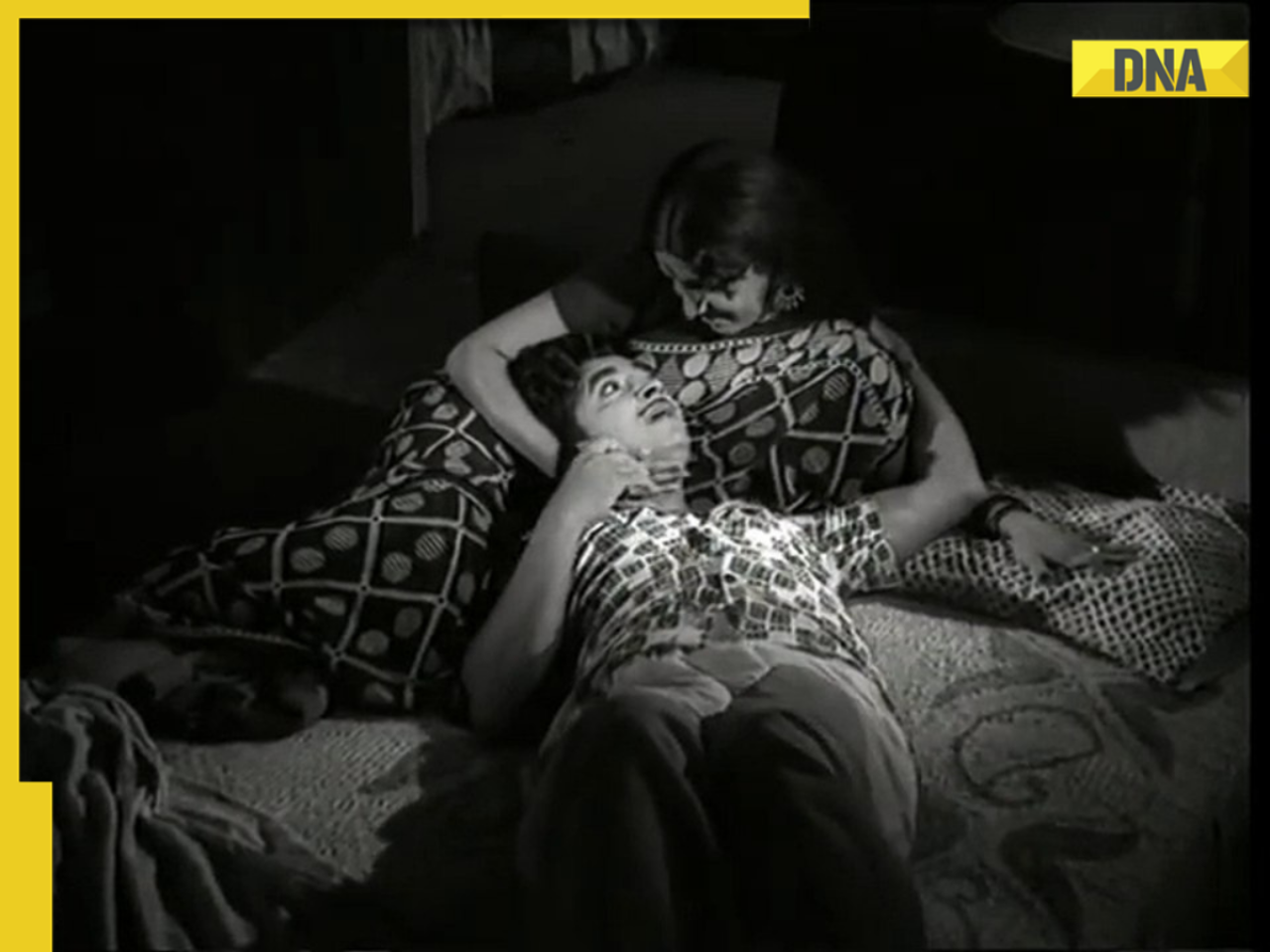)
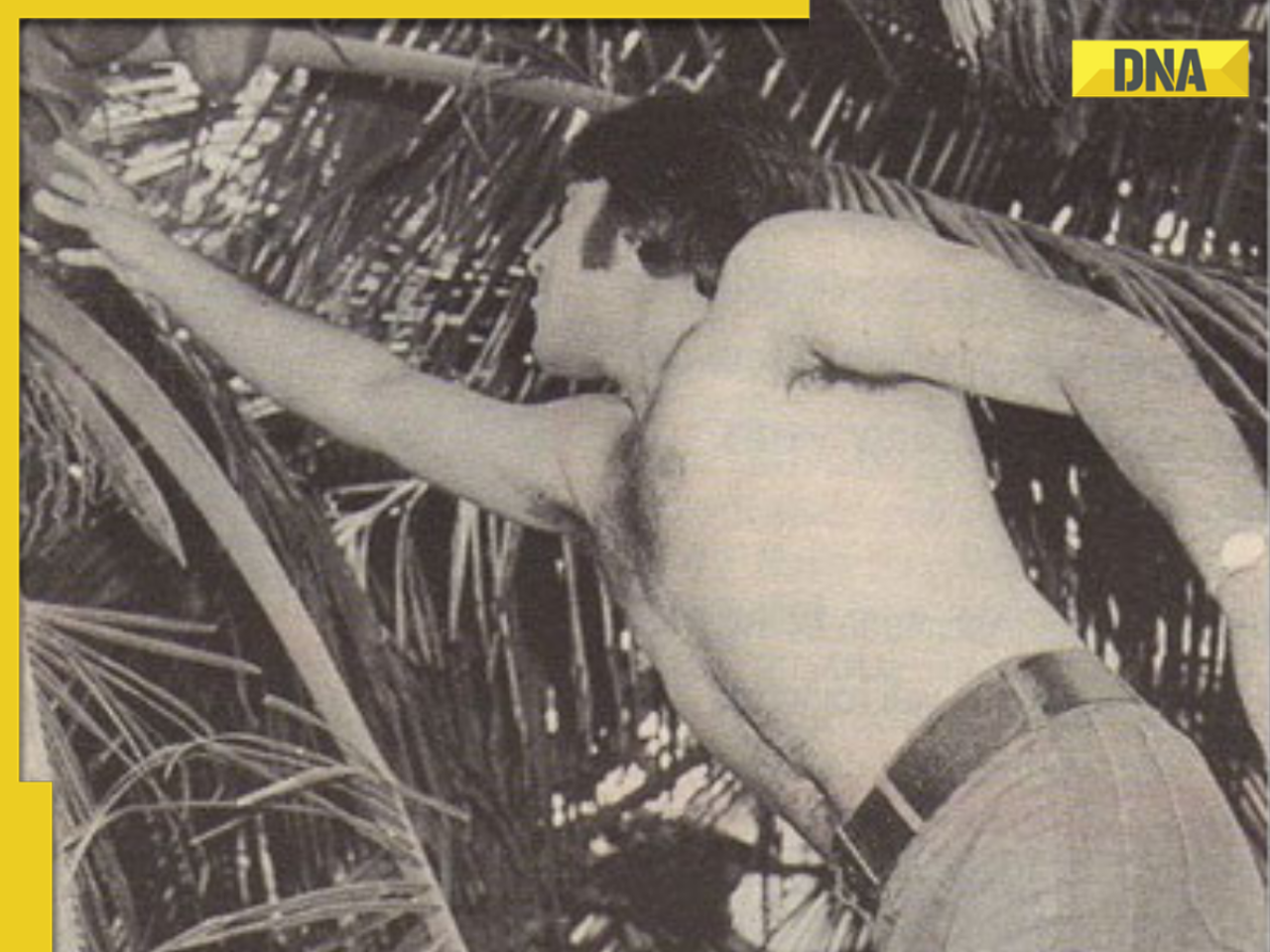)
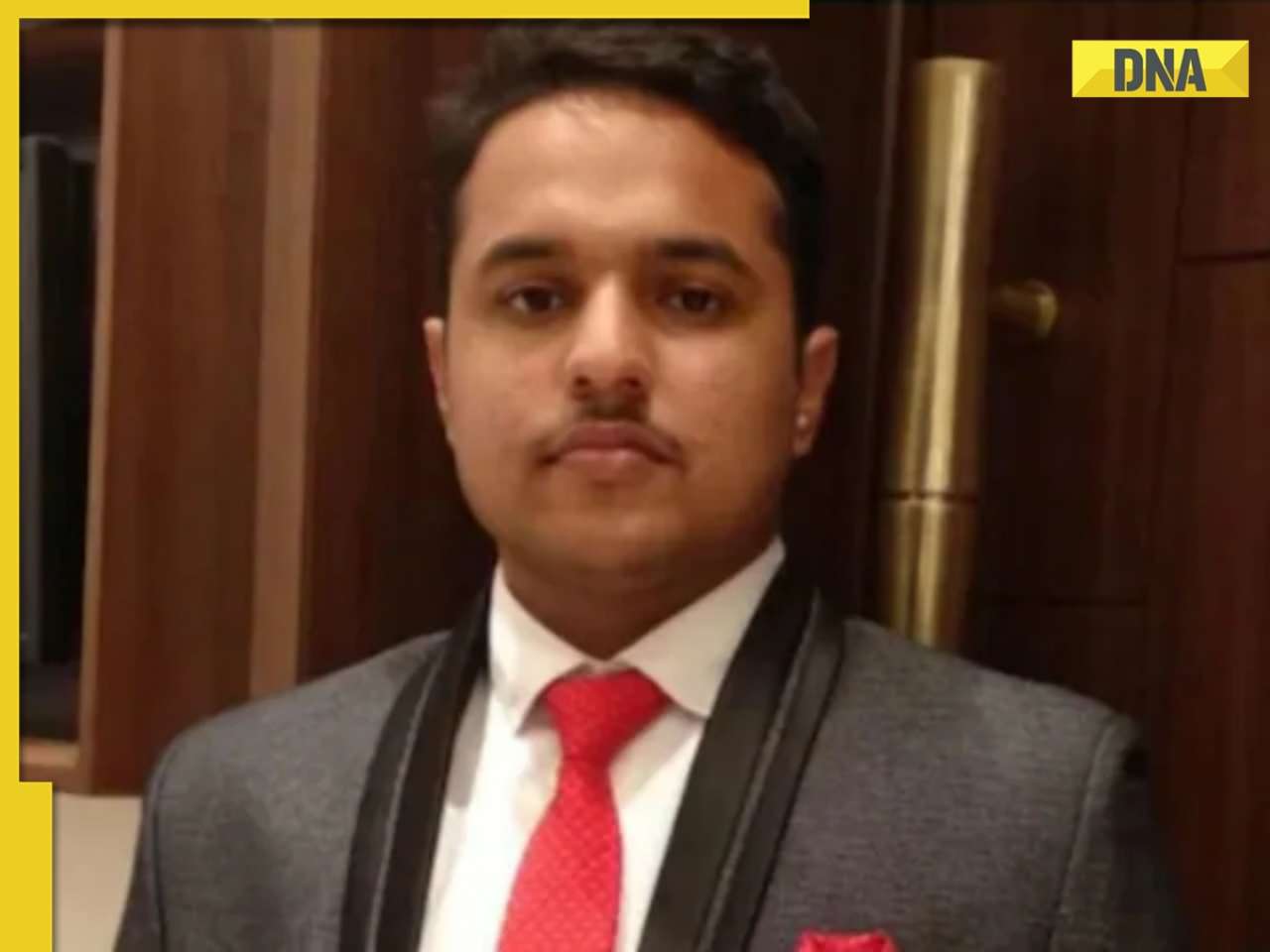)
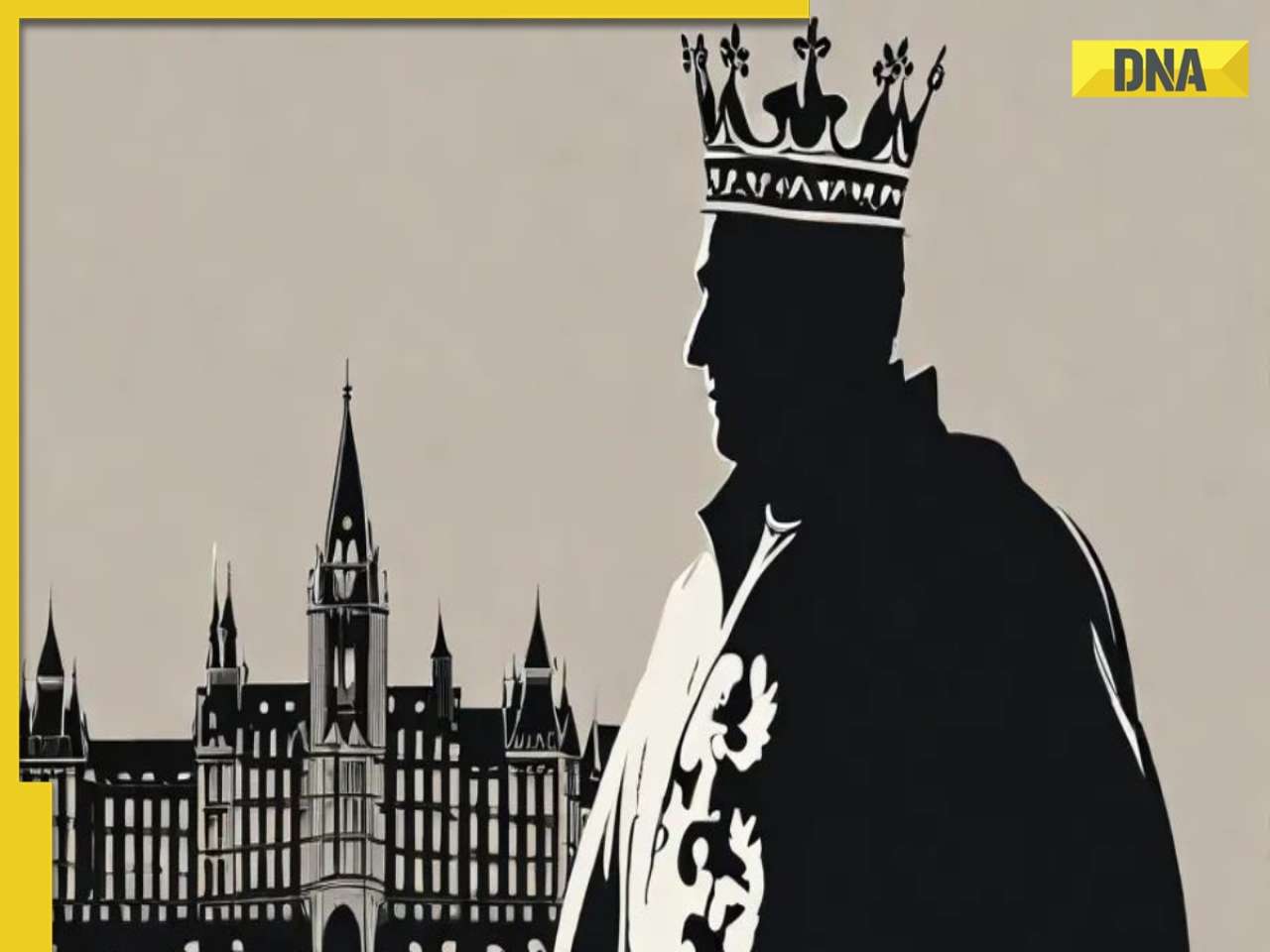)
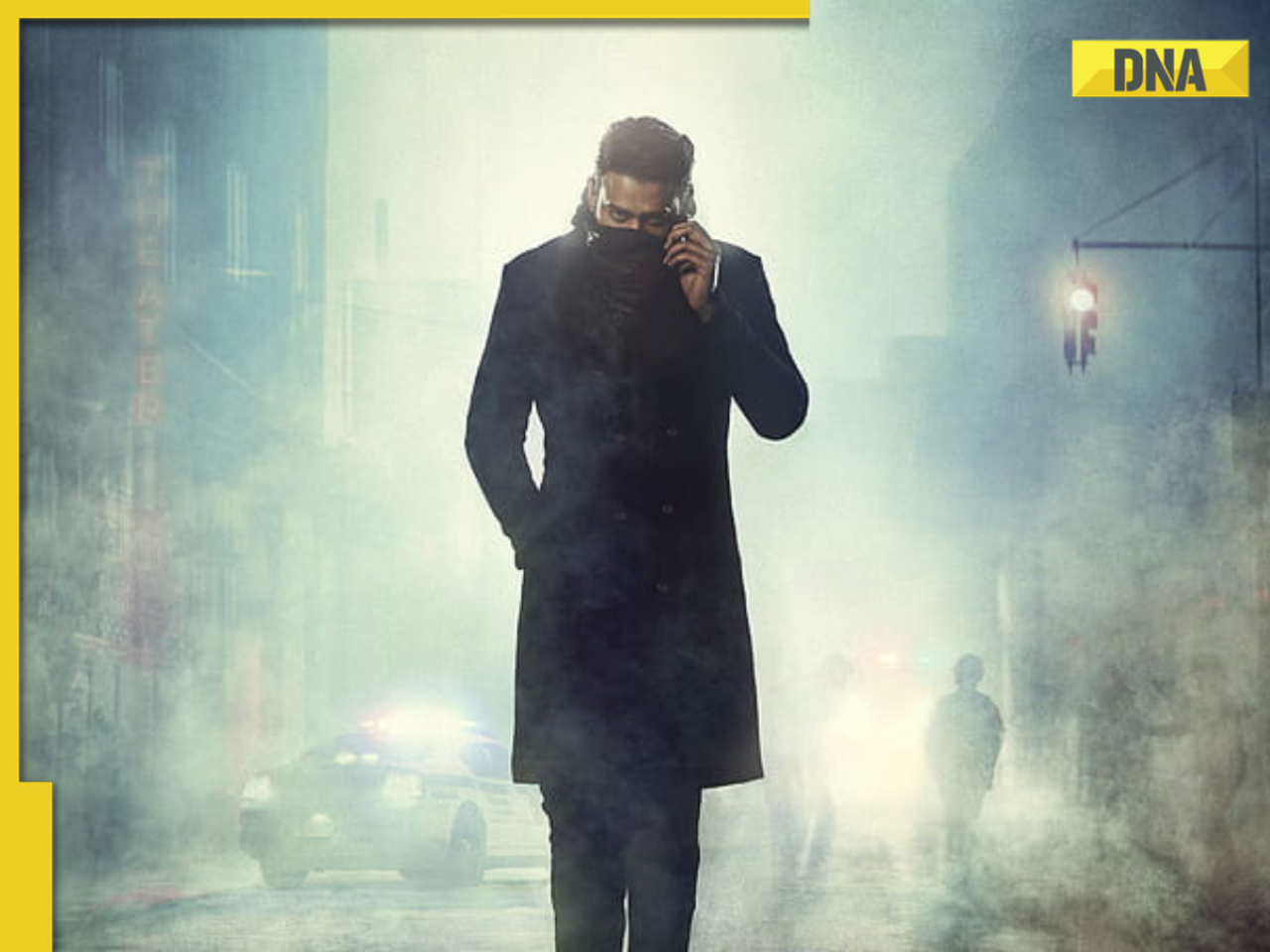)
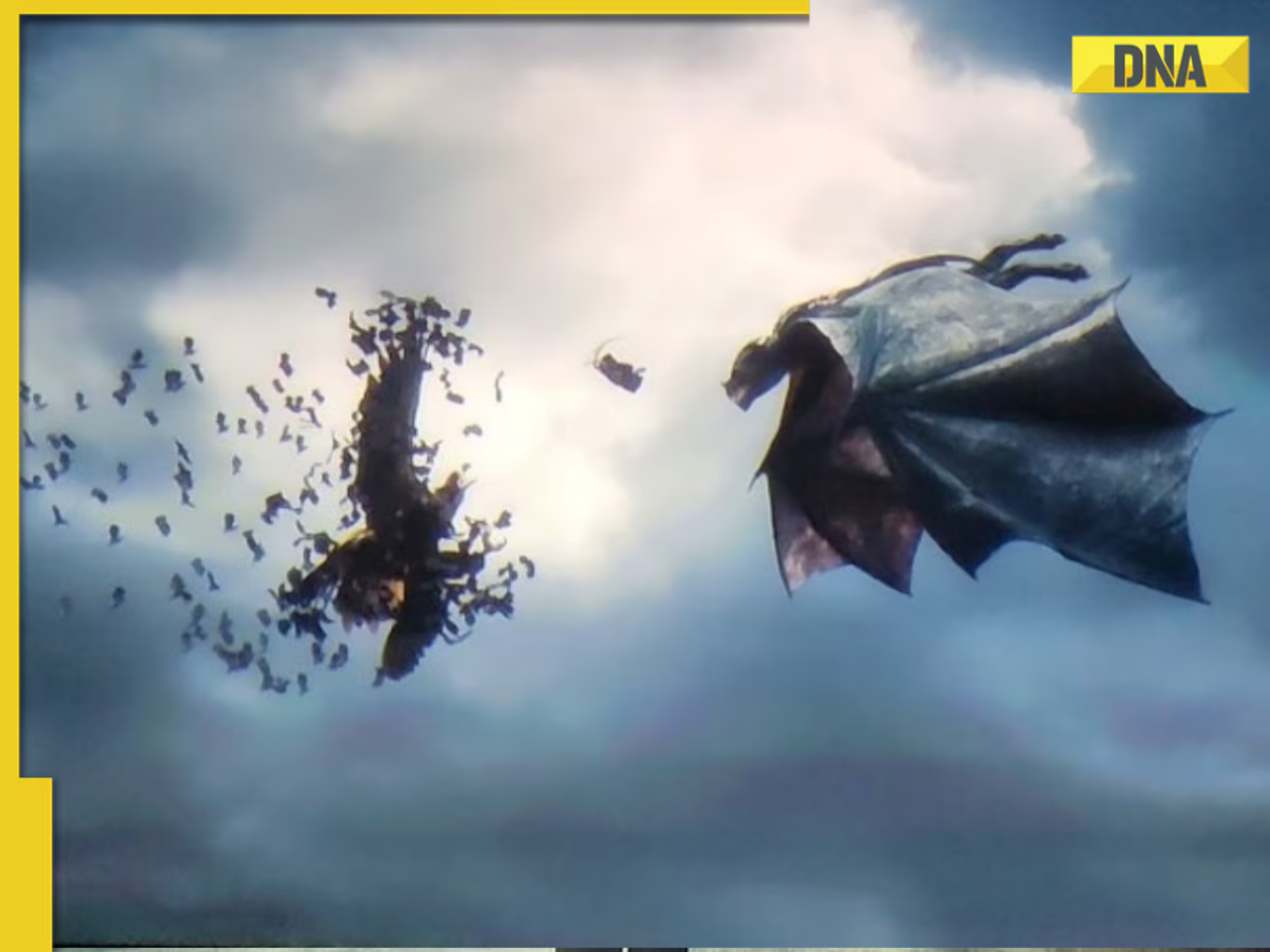)
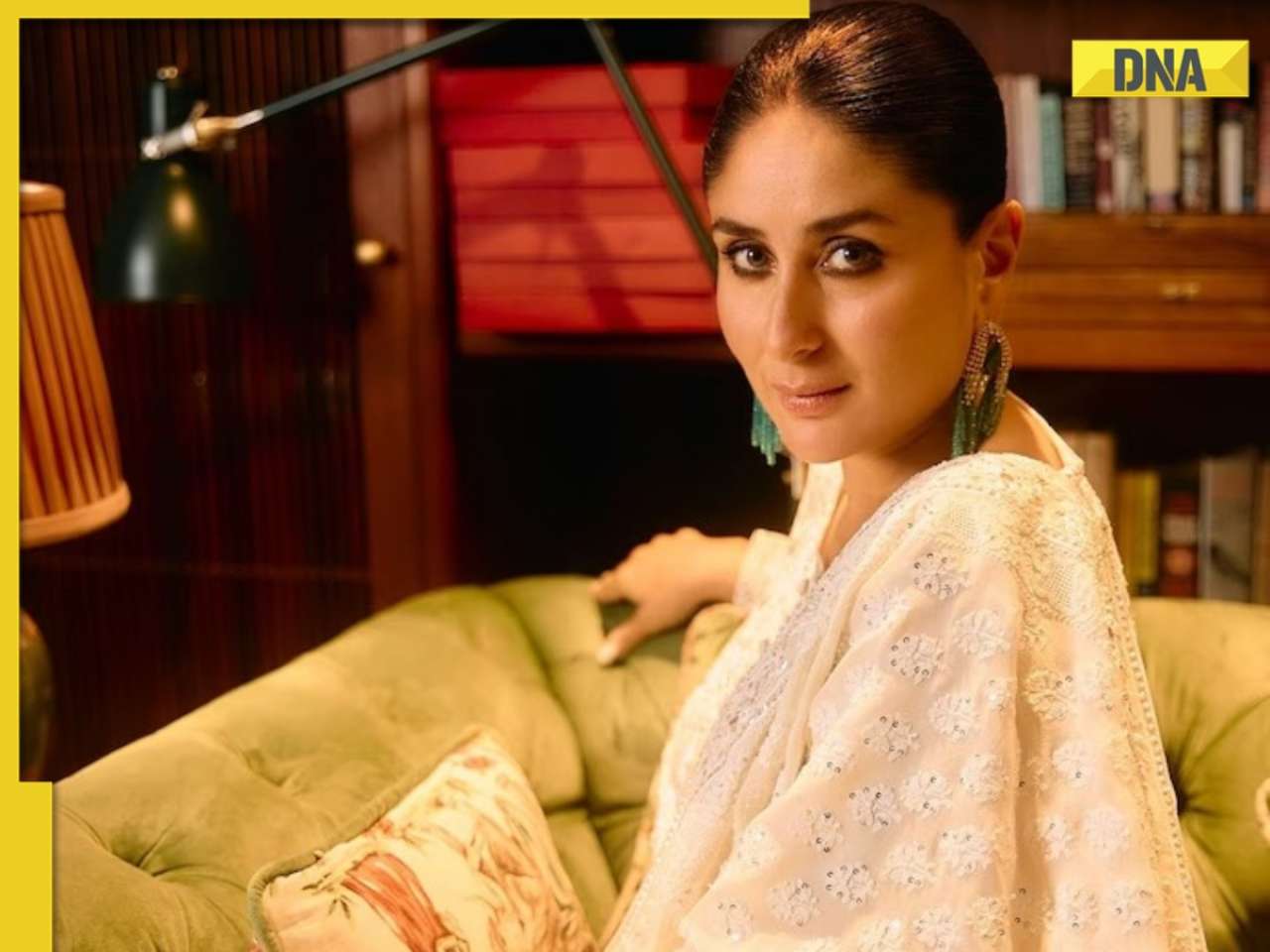)
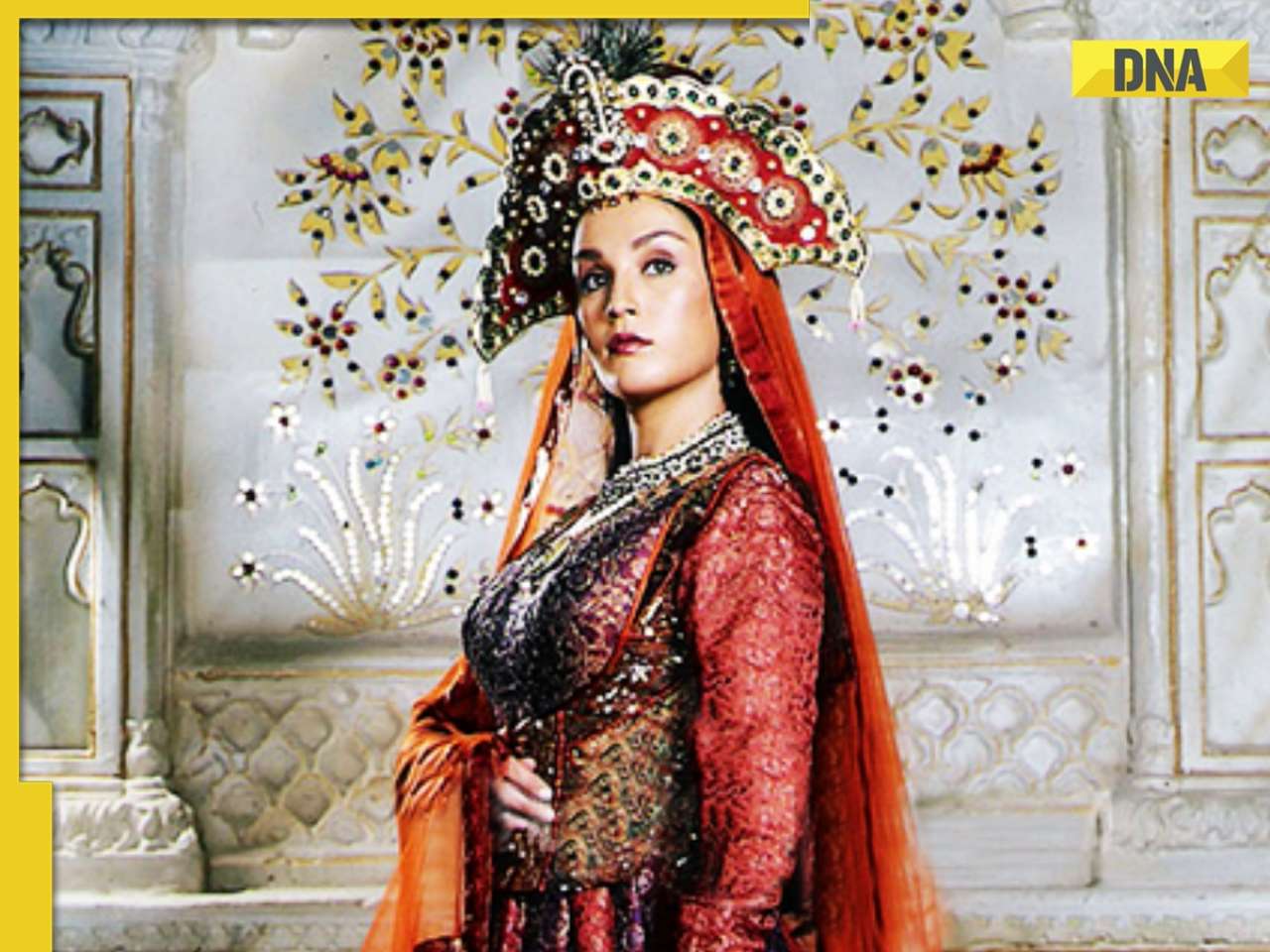)











)
)
)
)
)
)